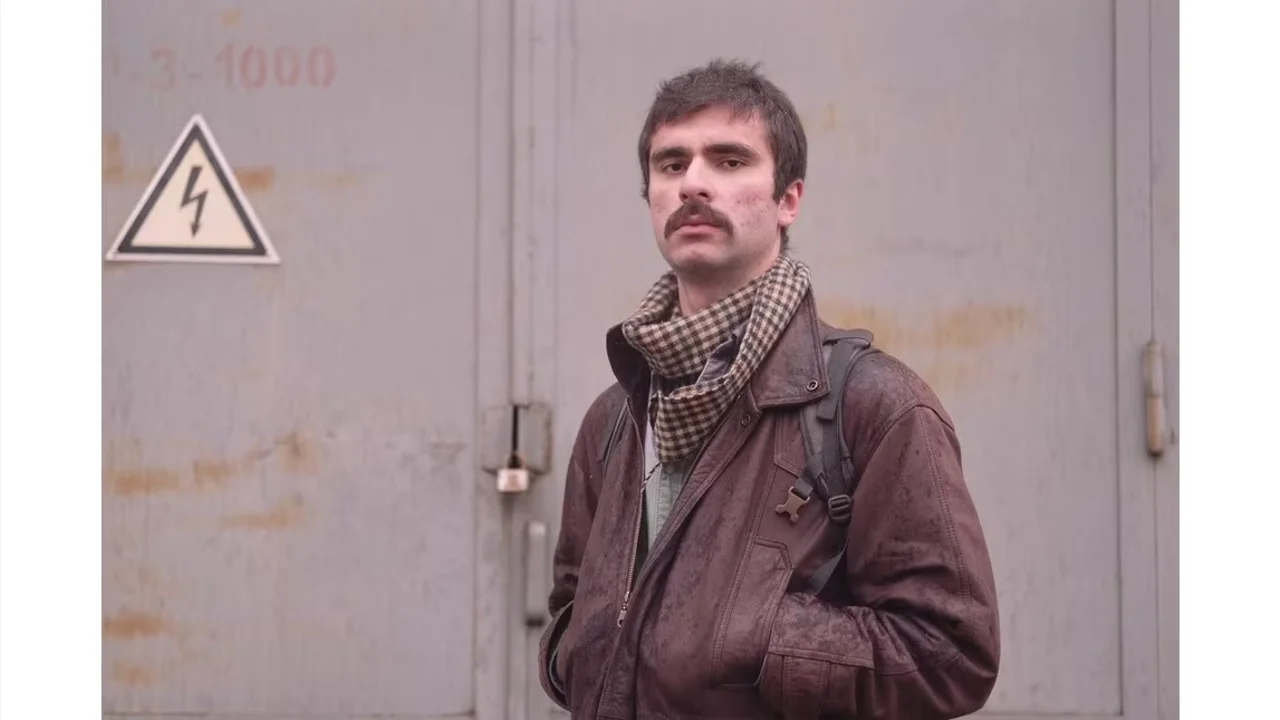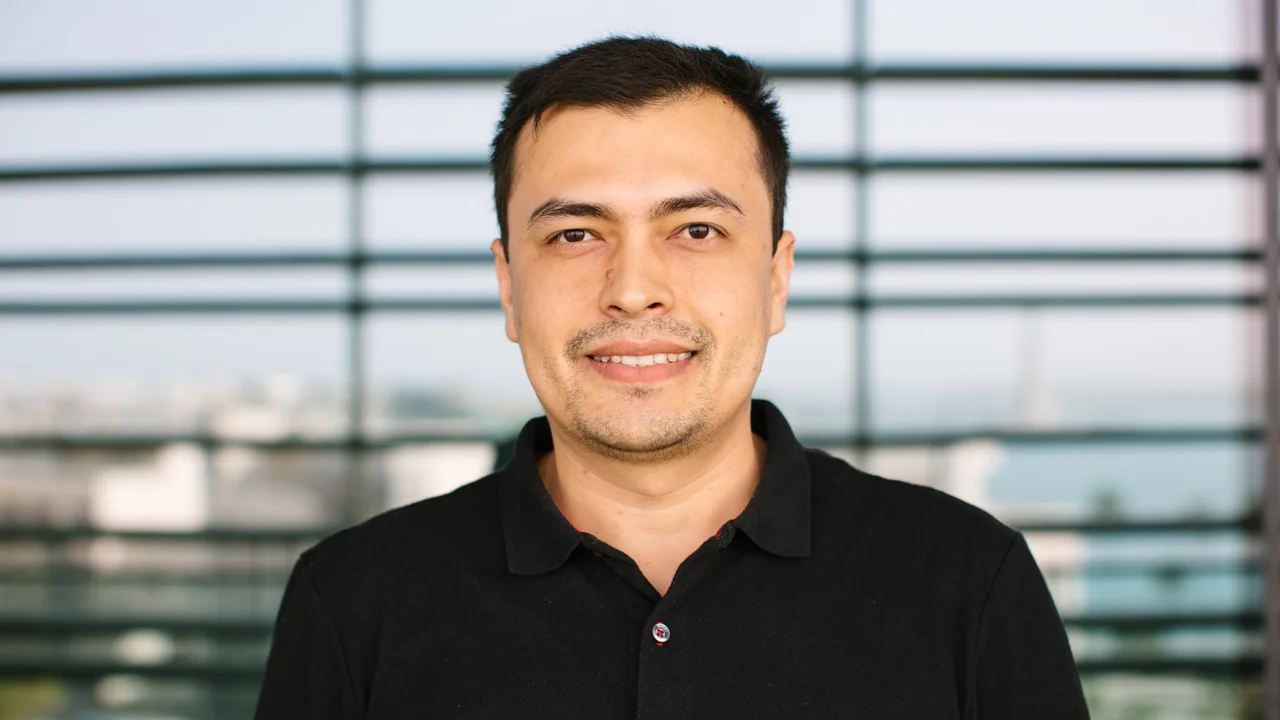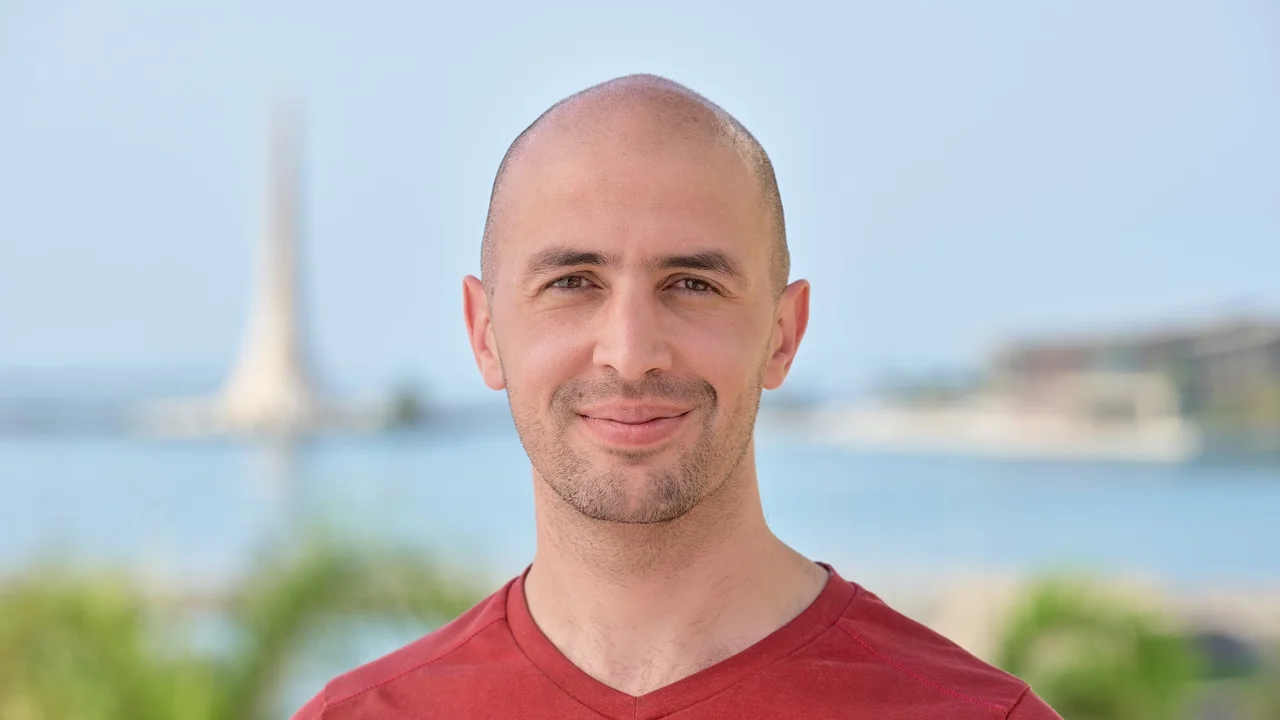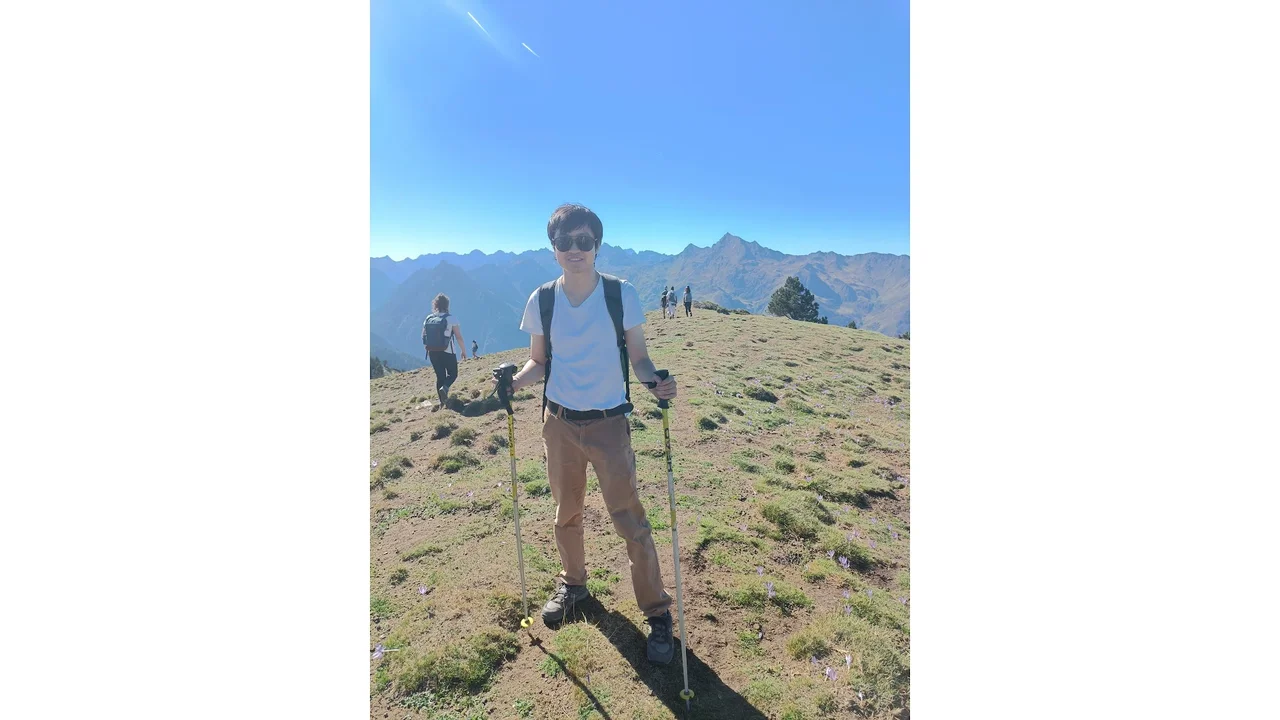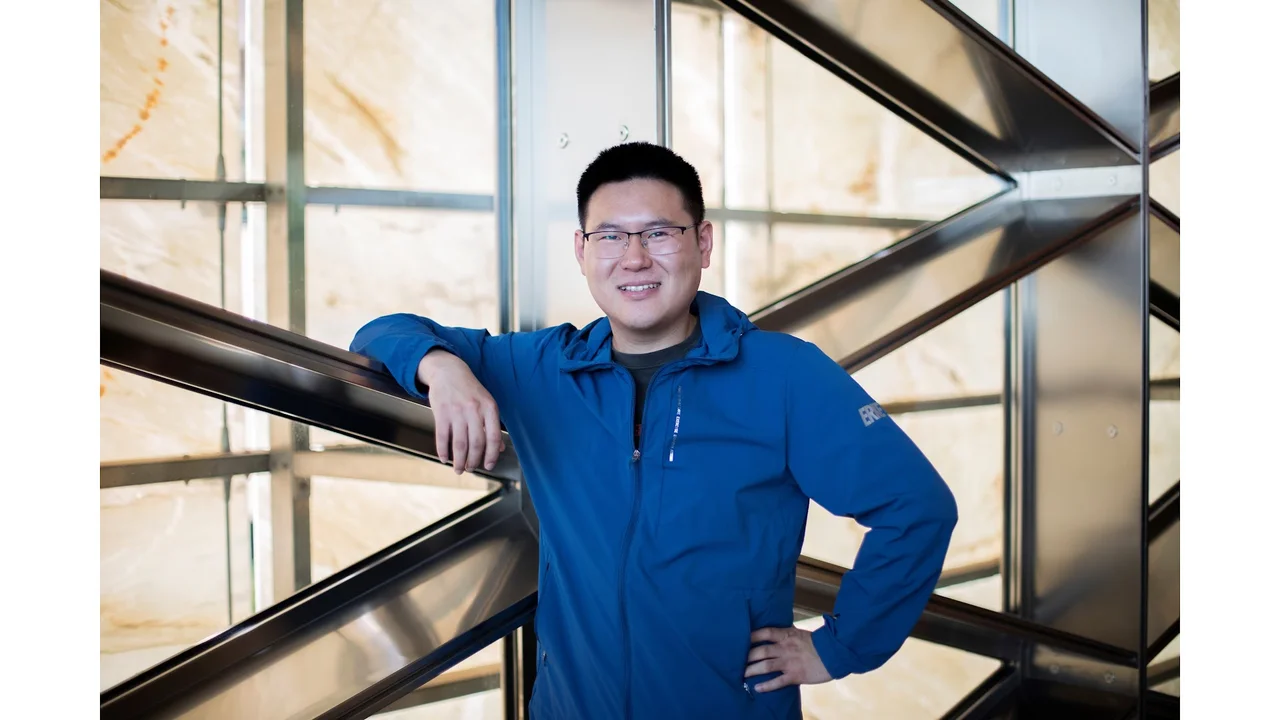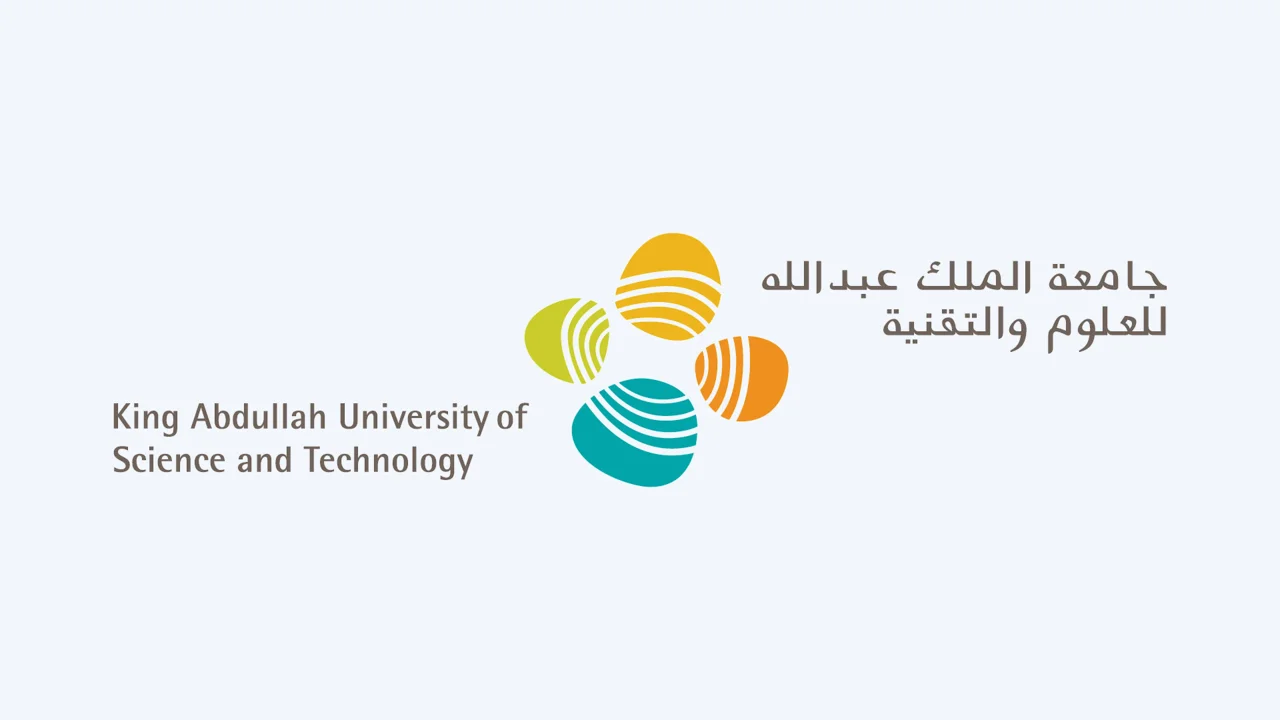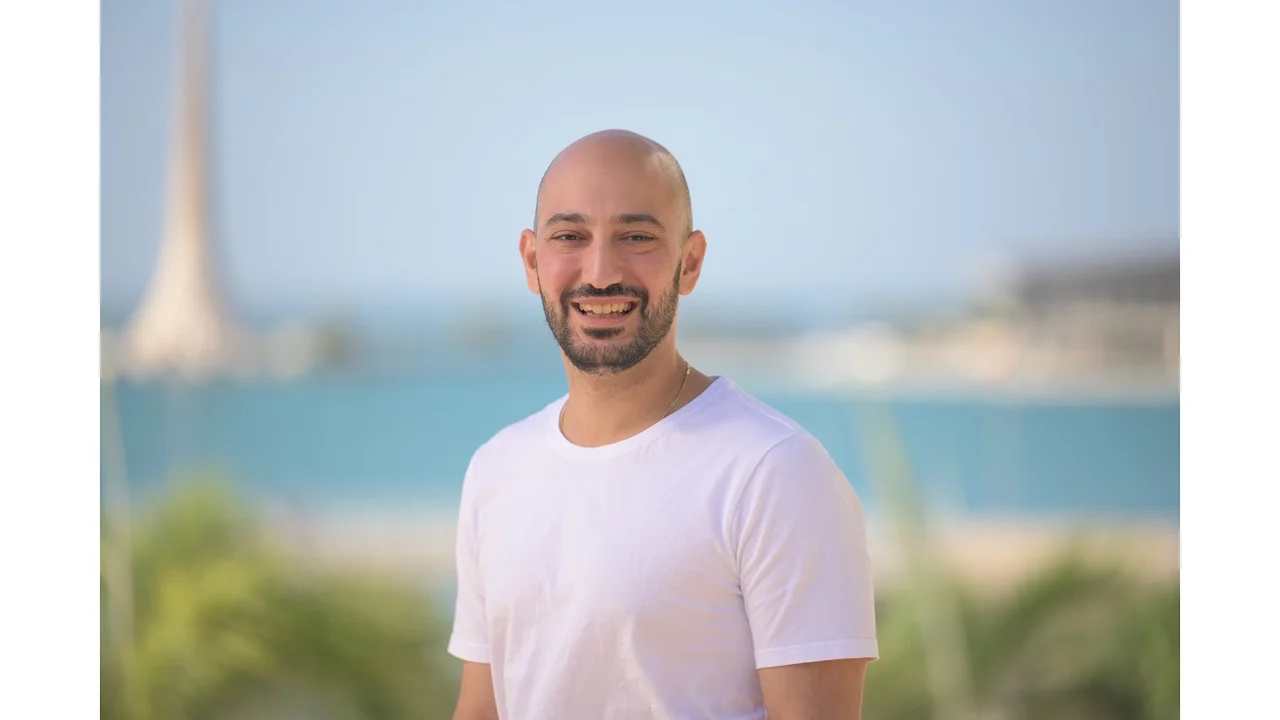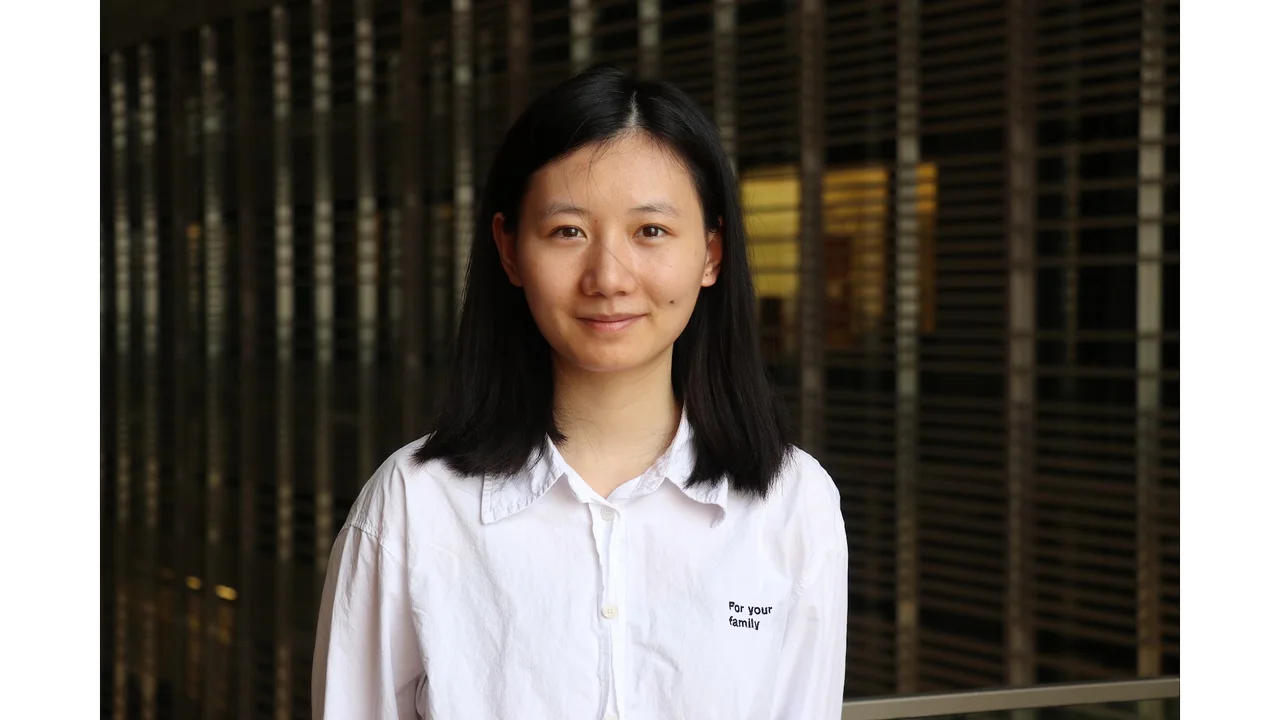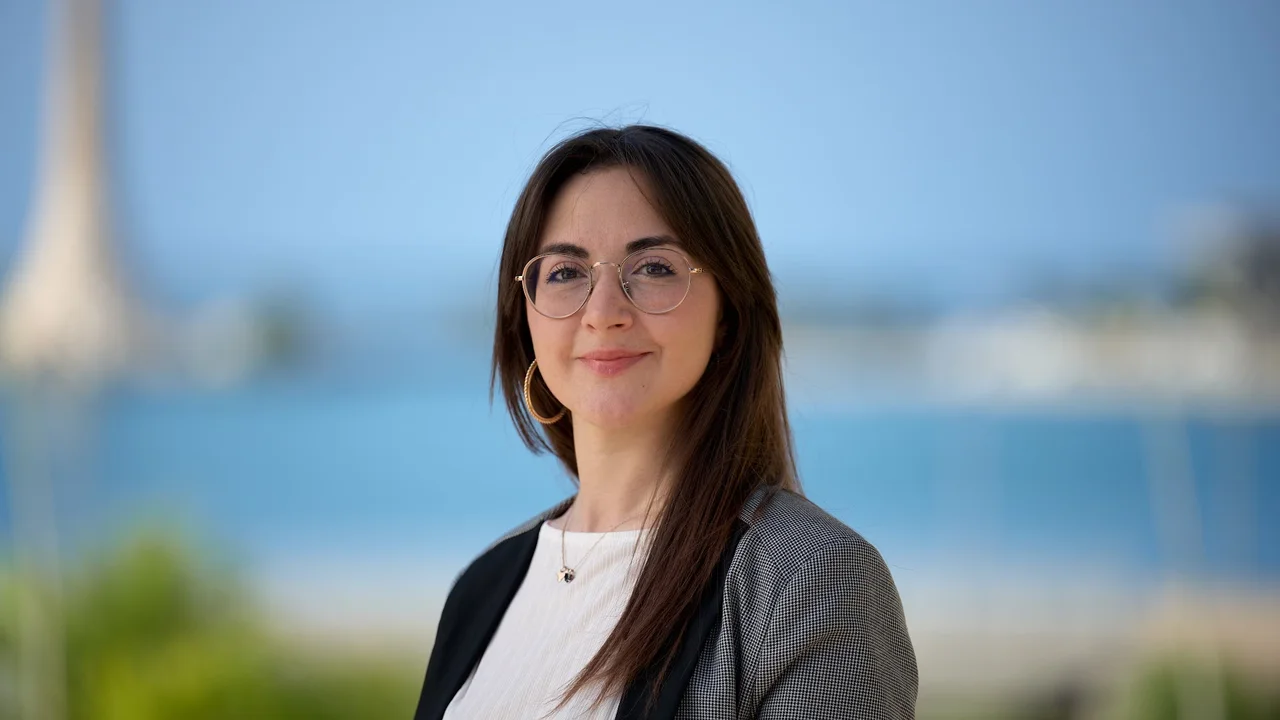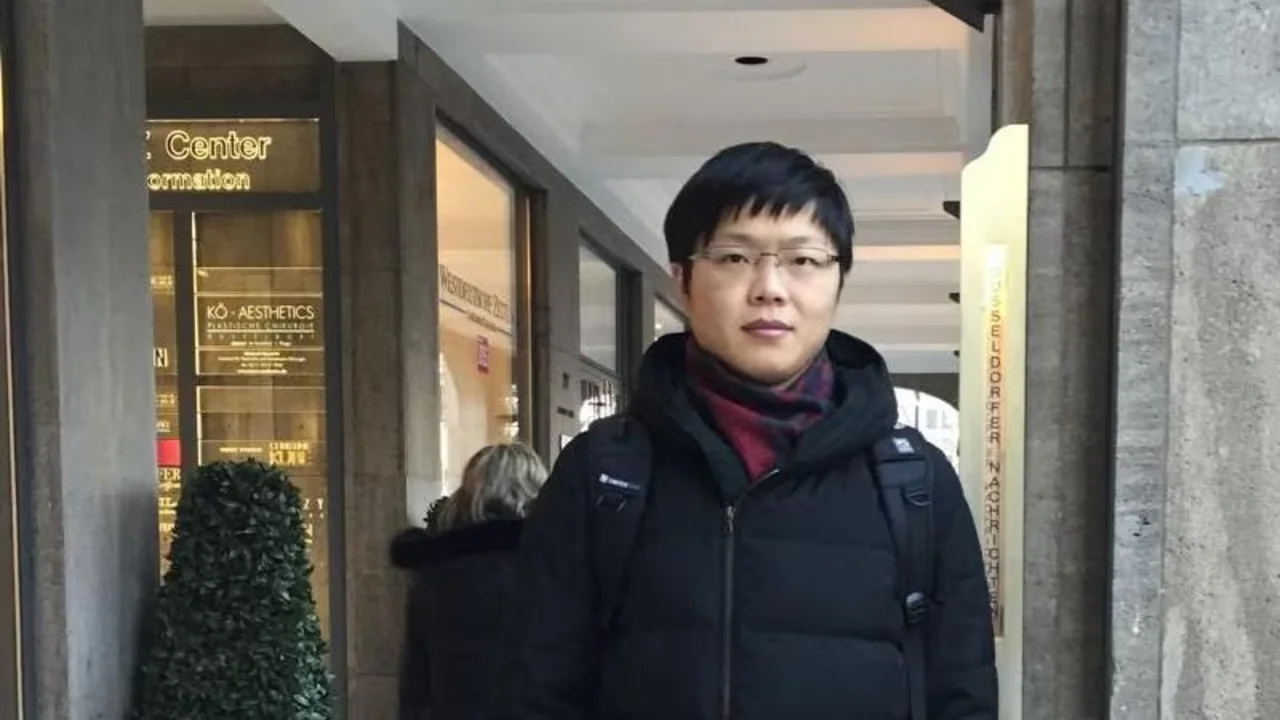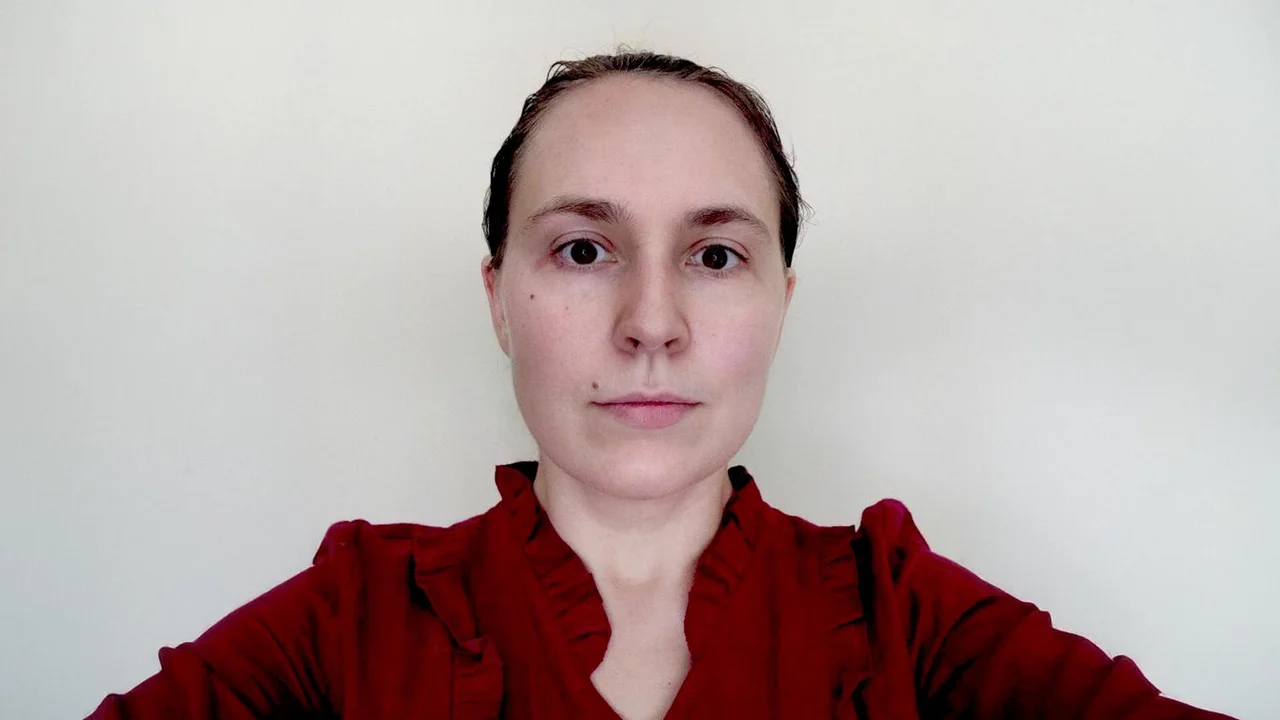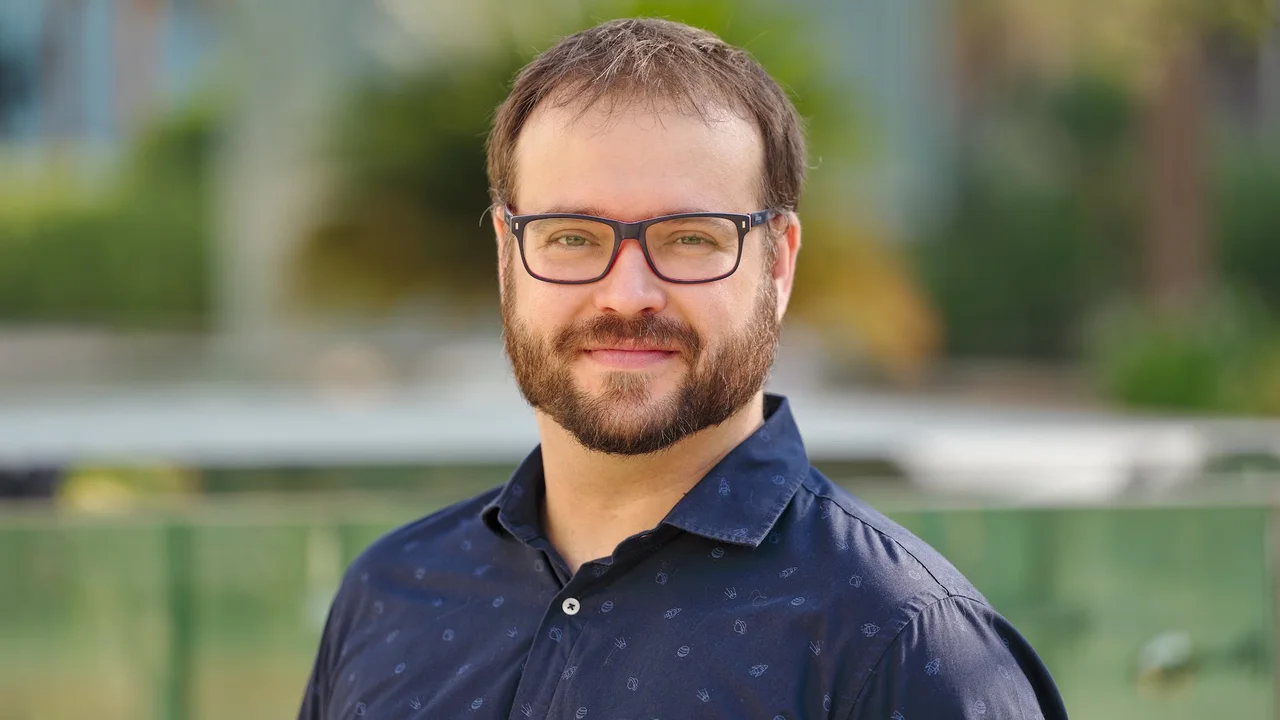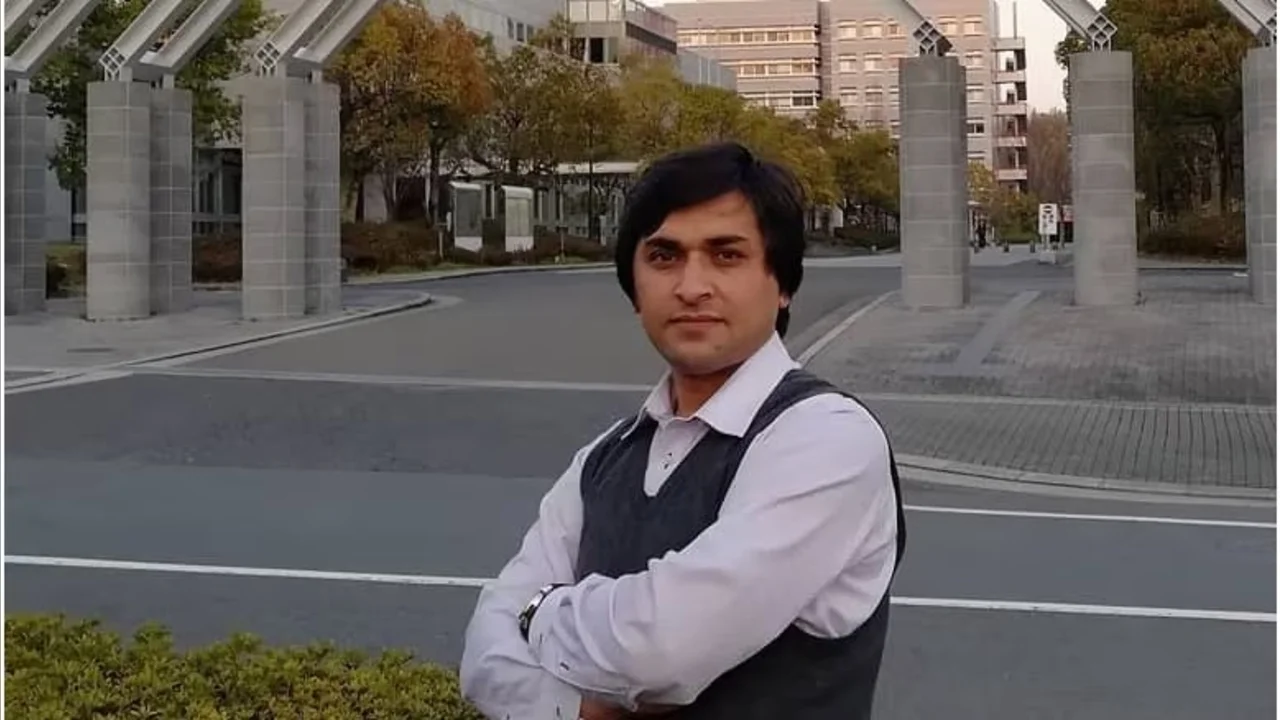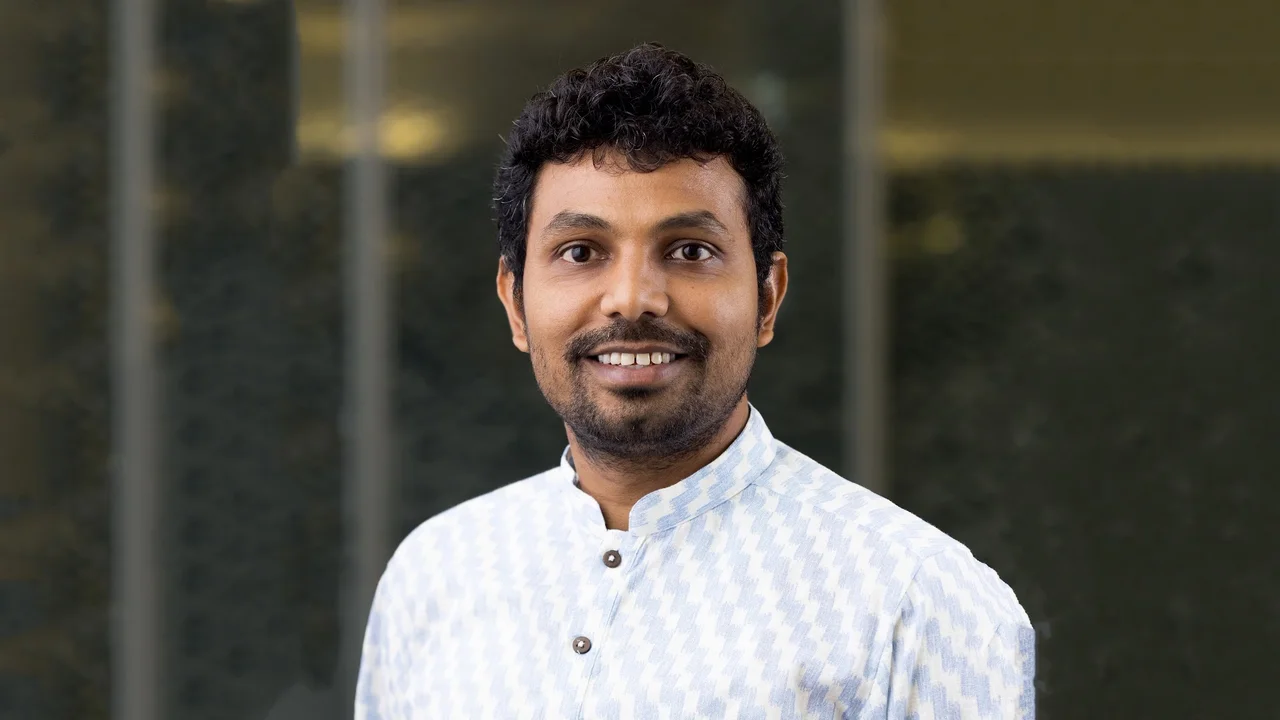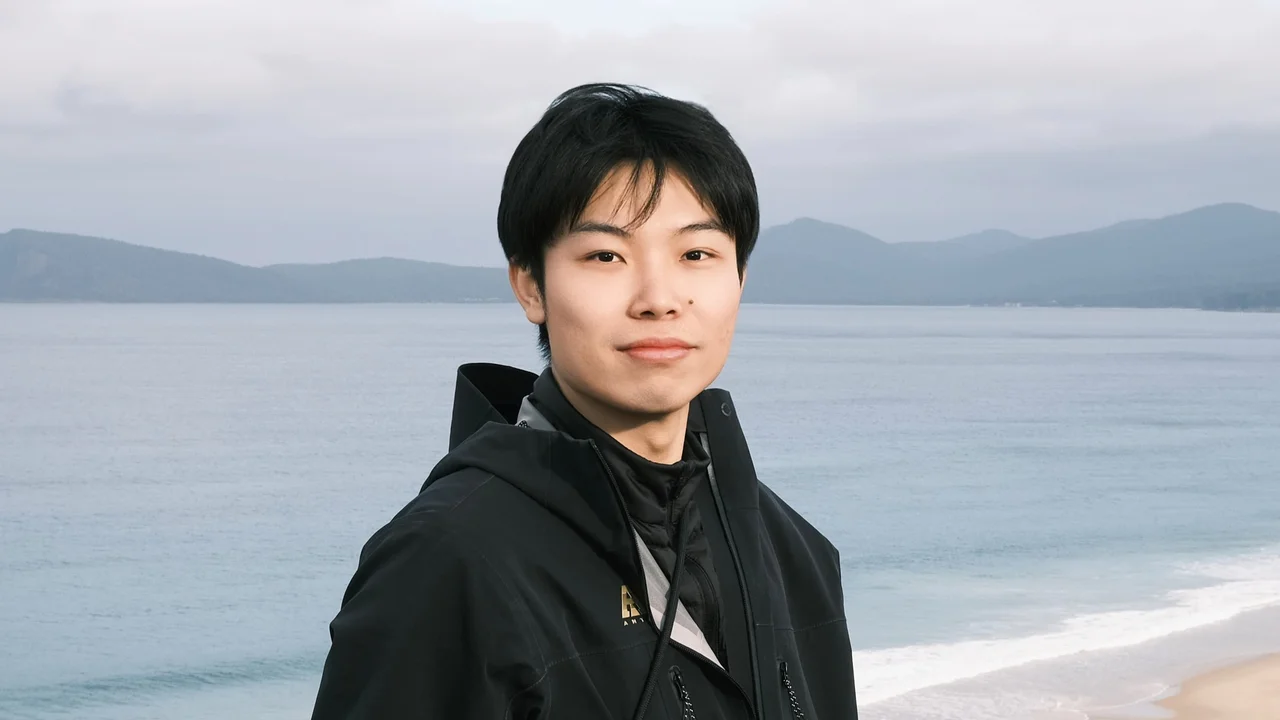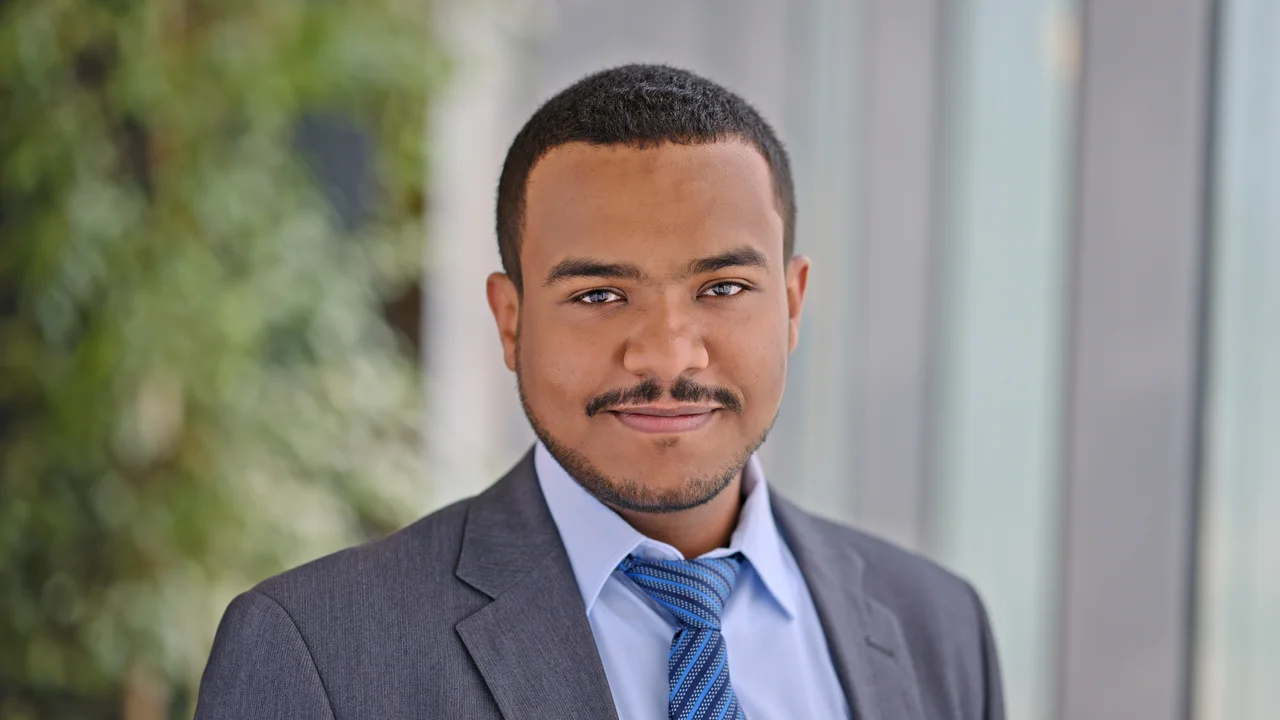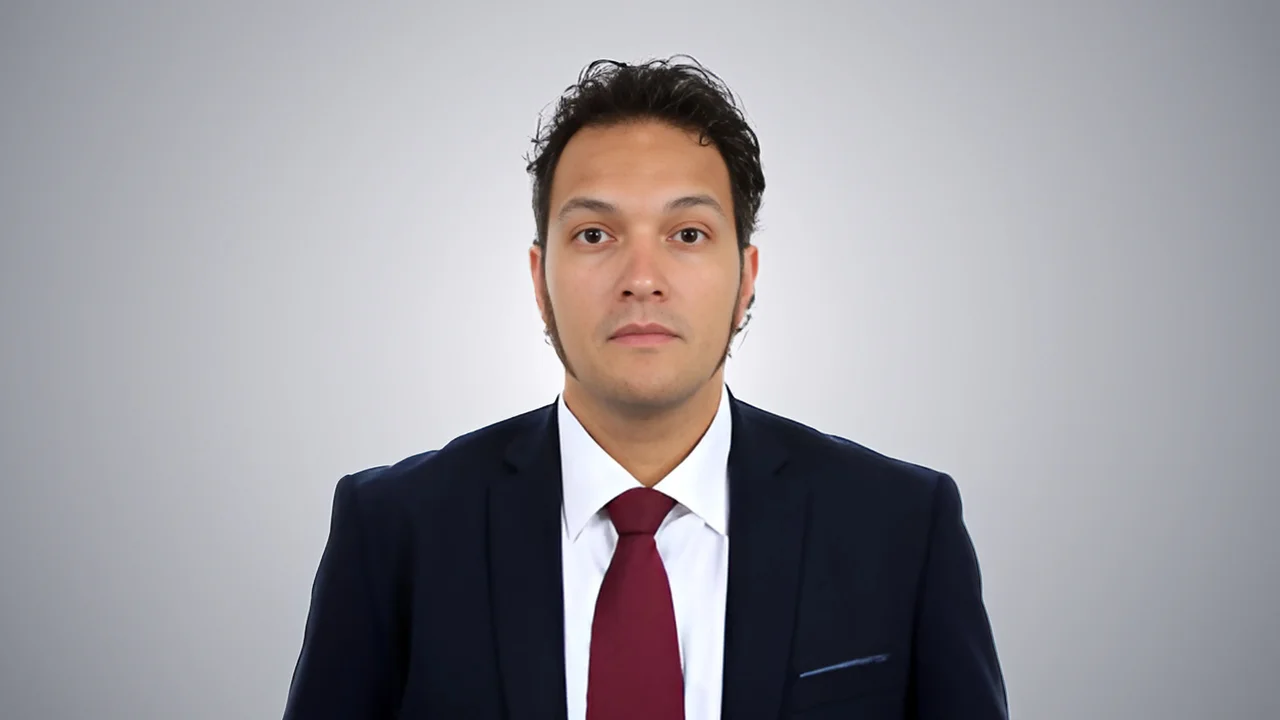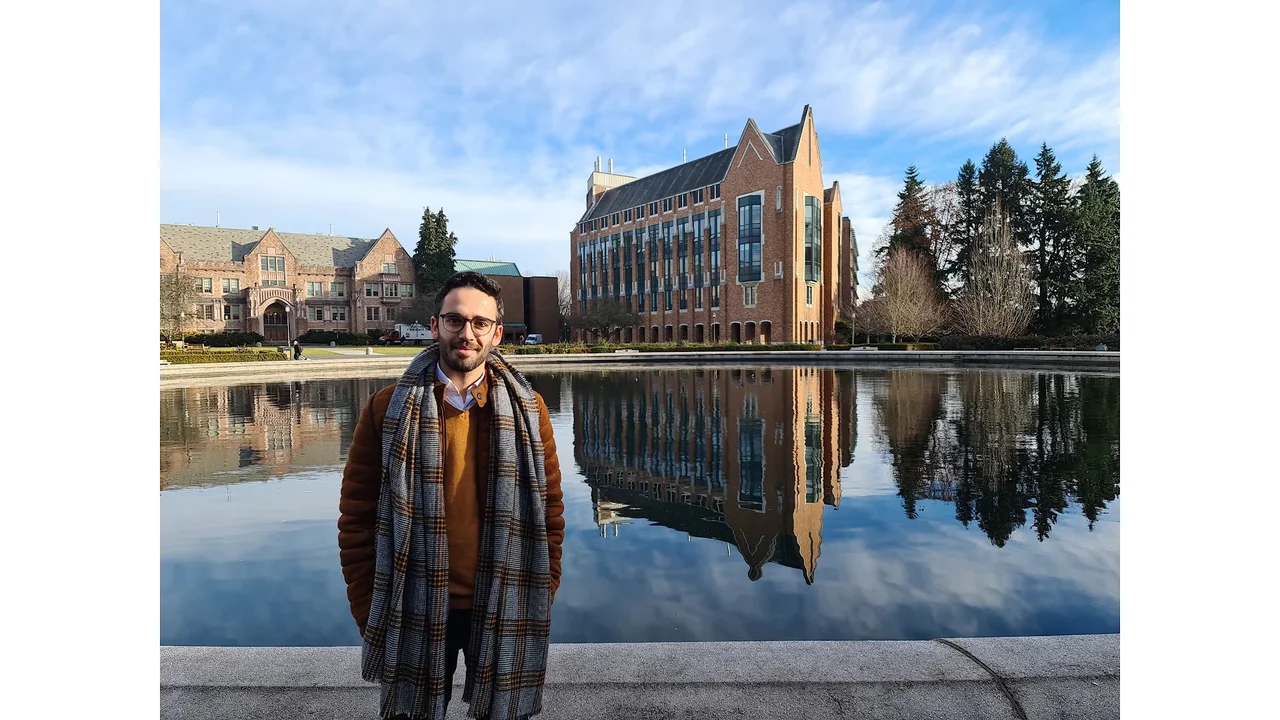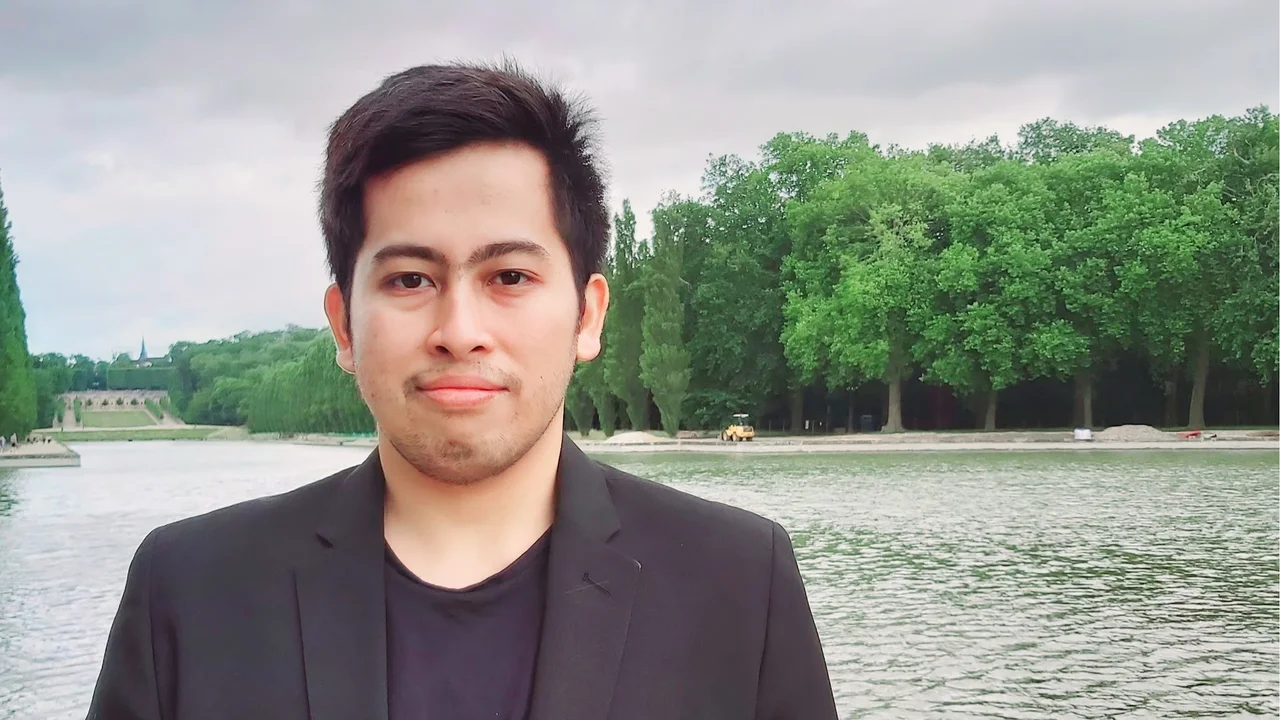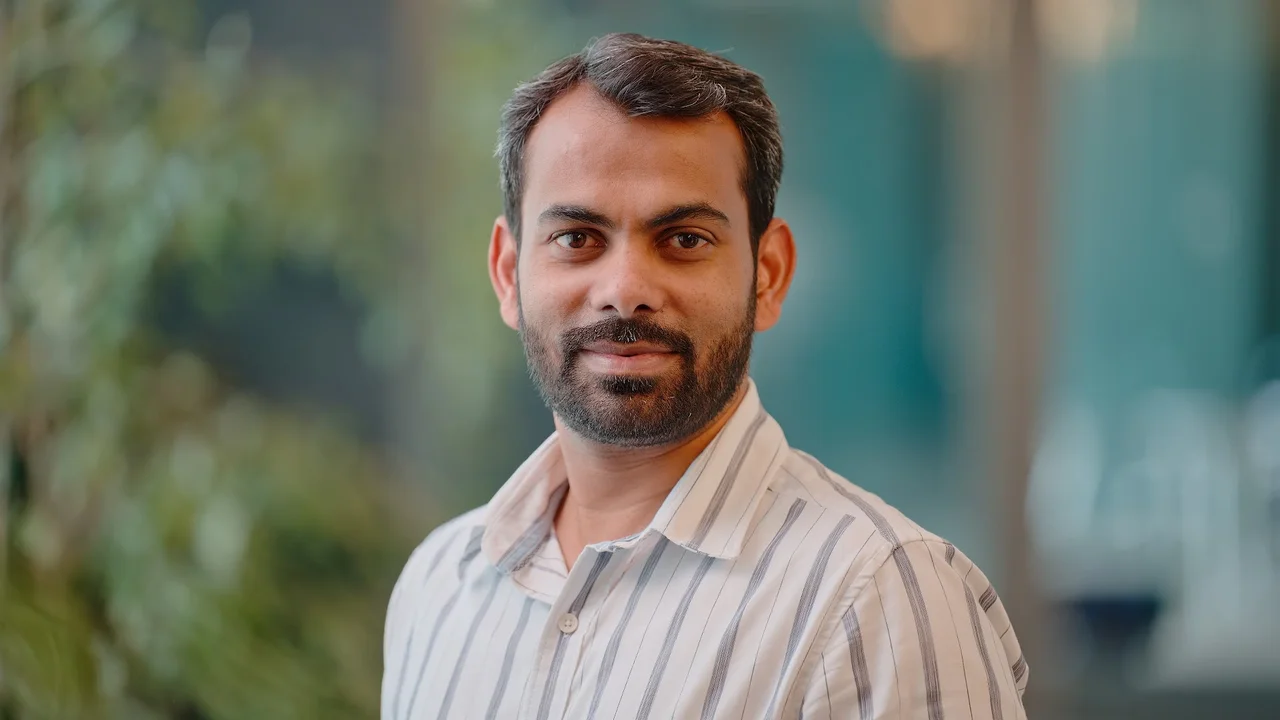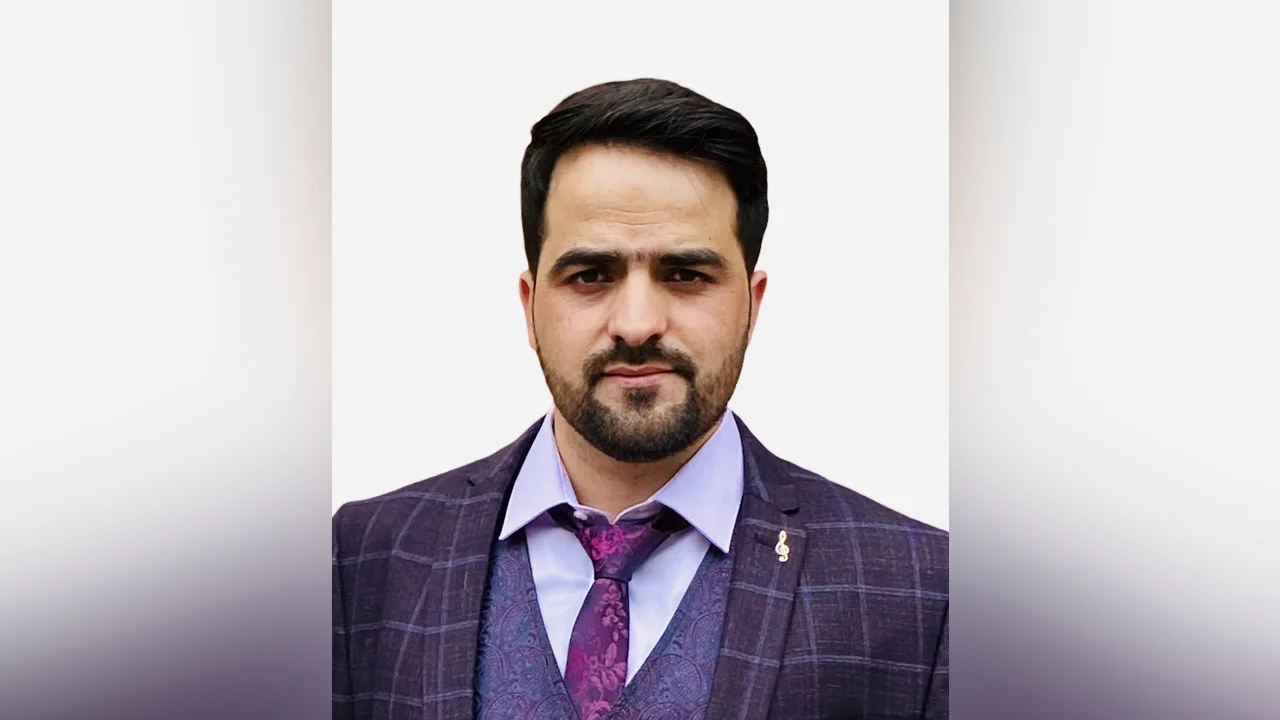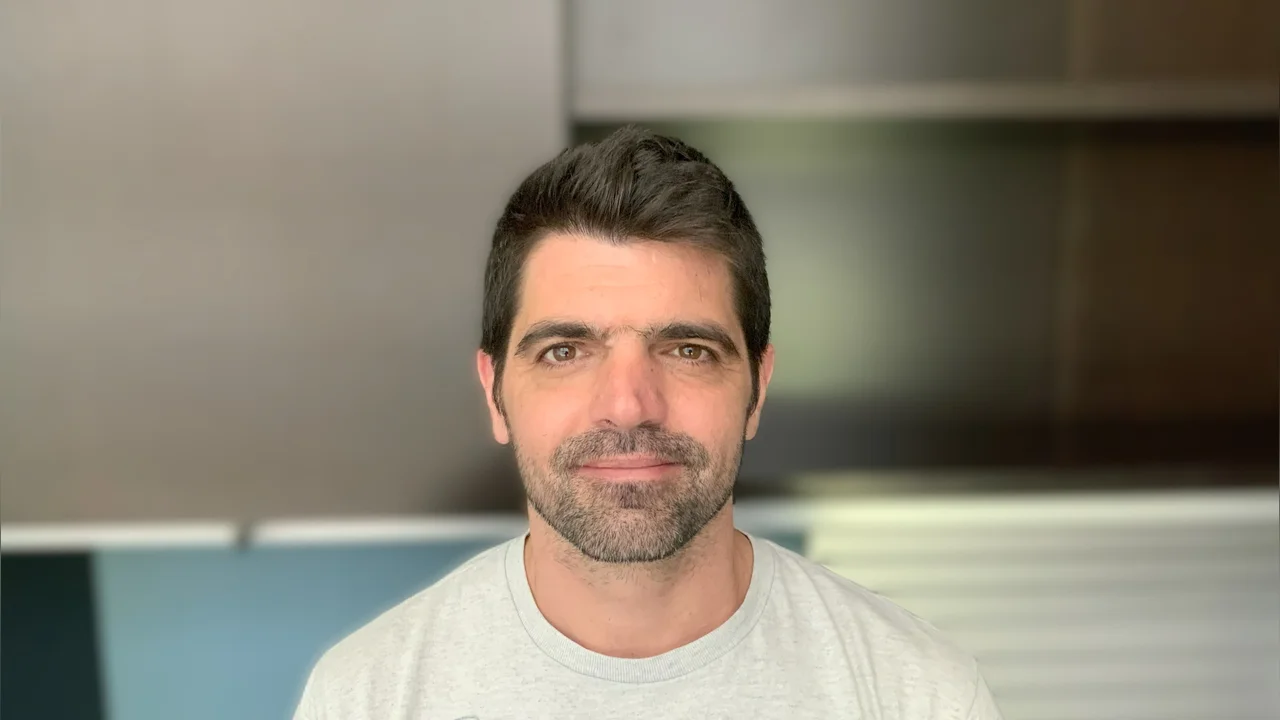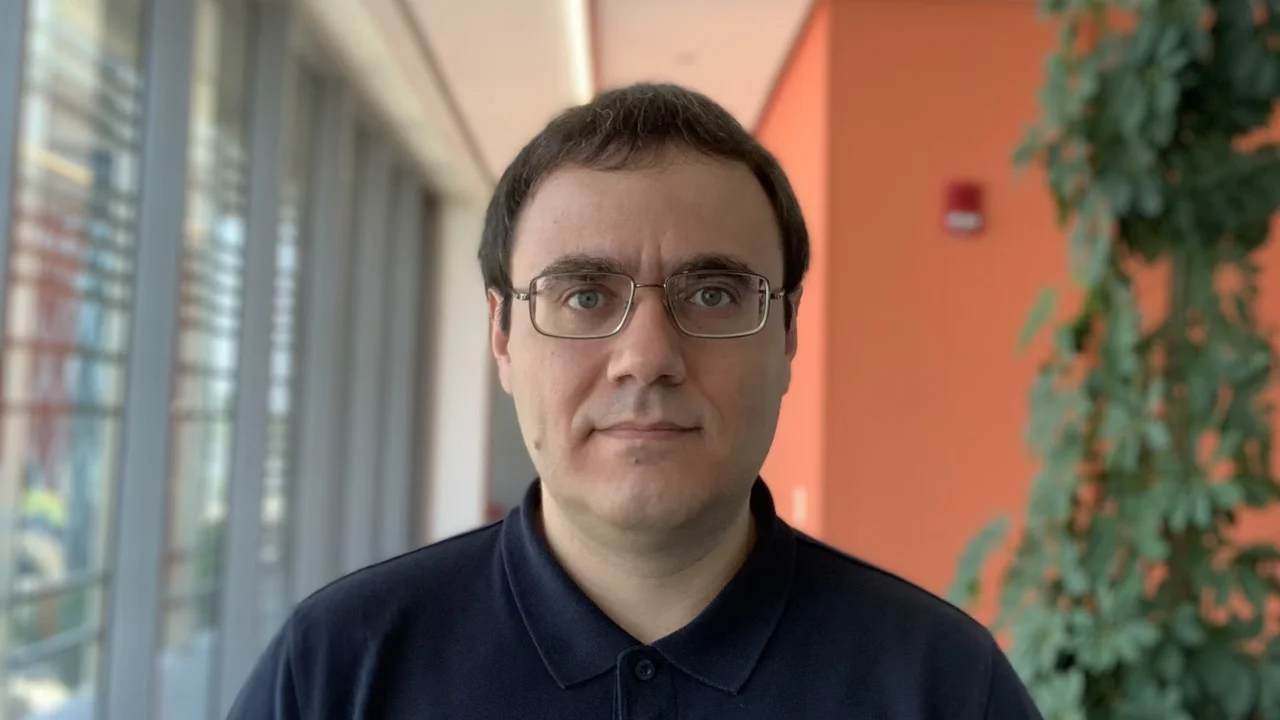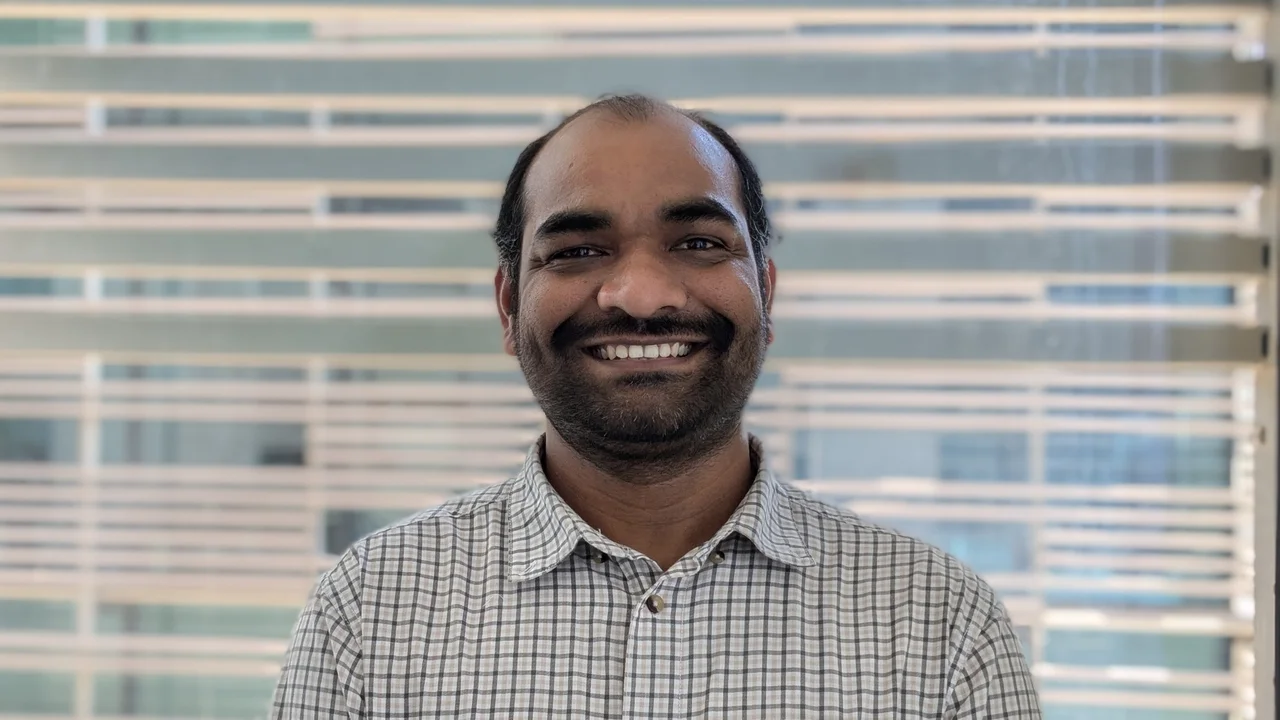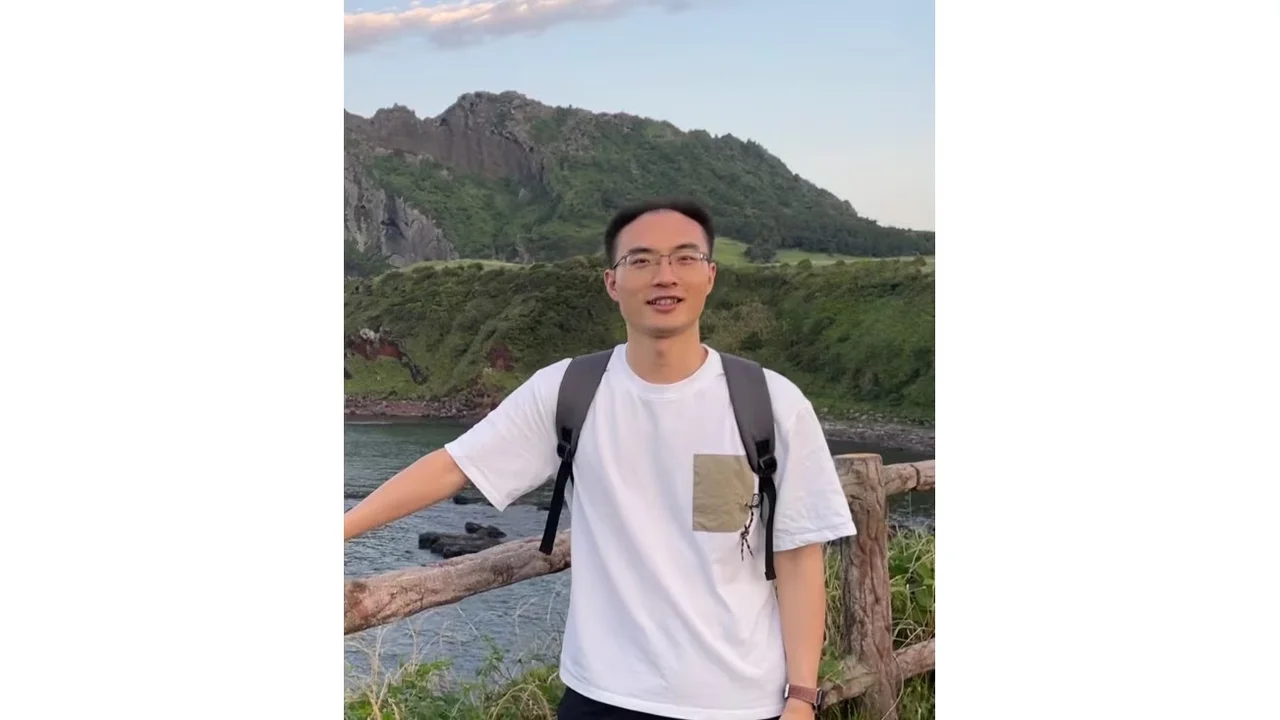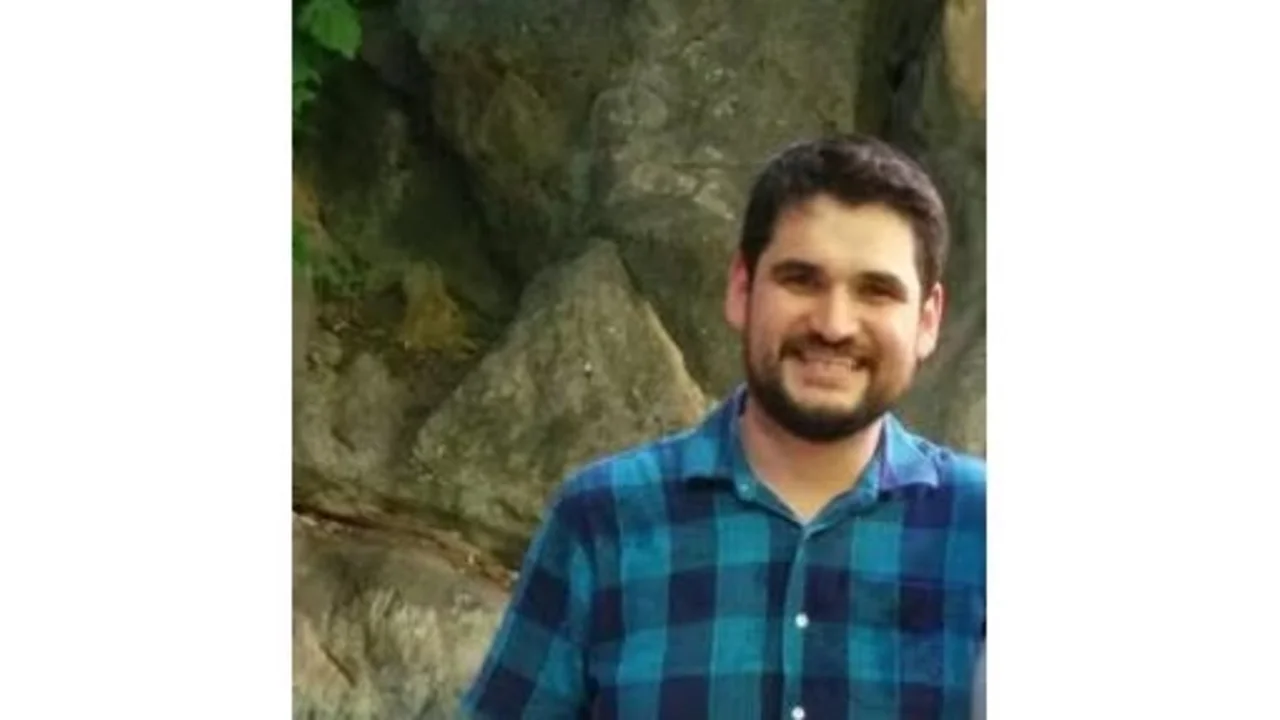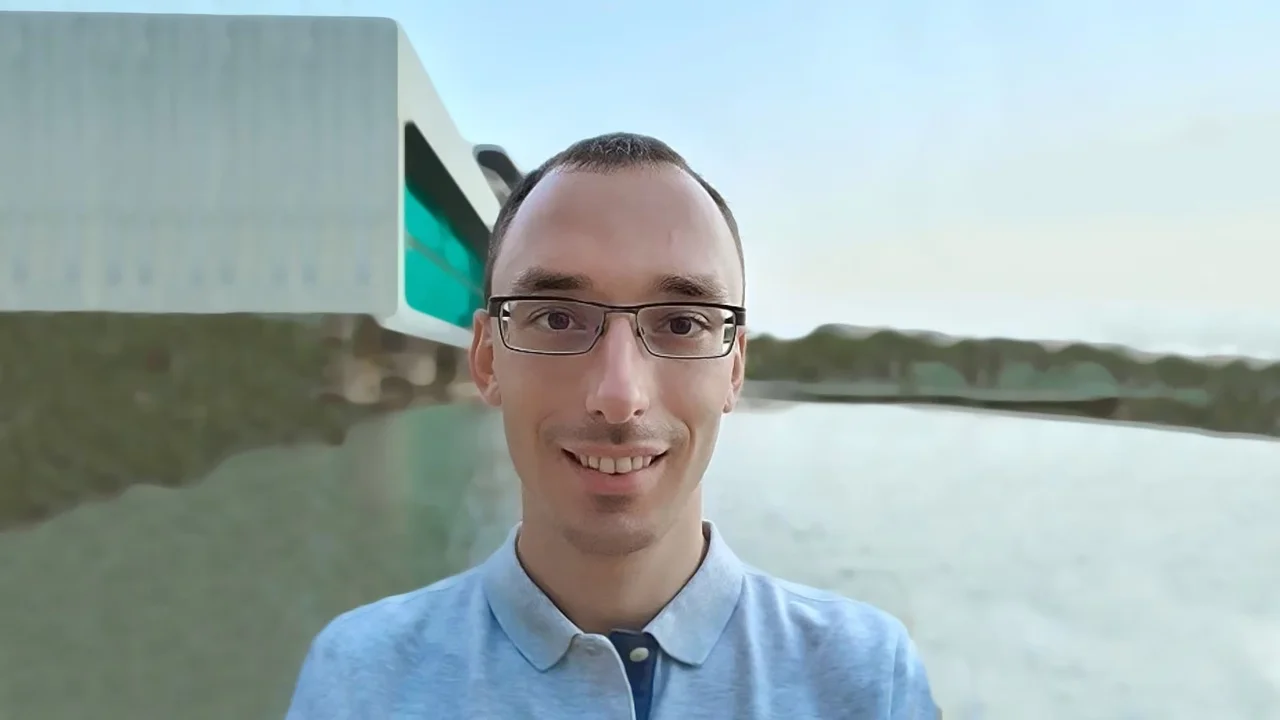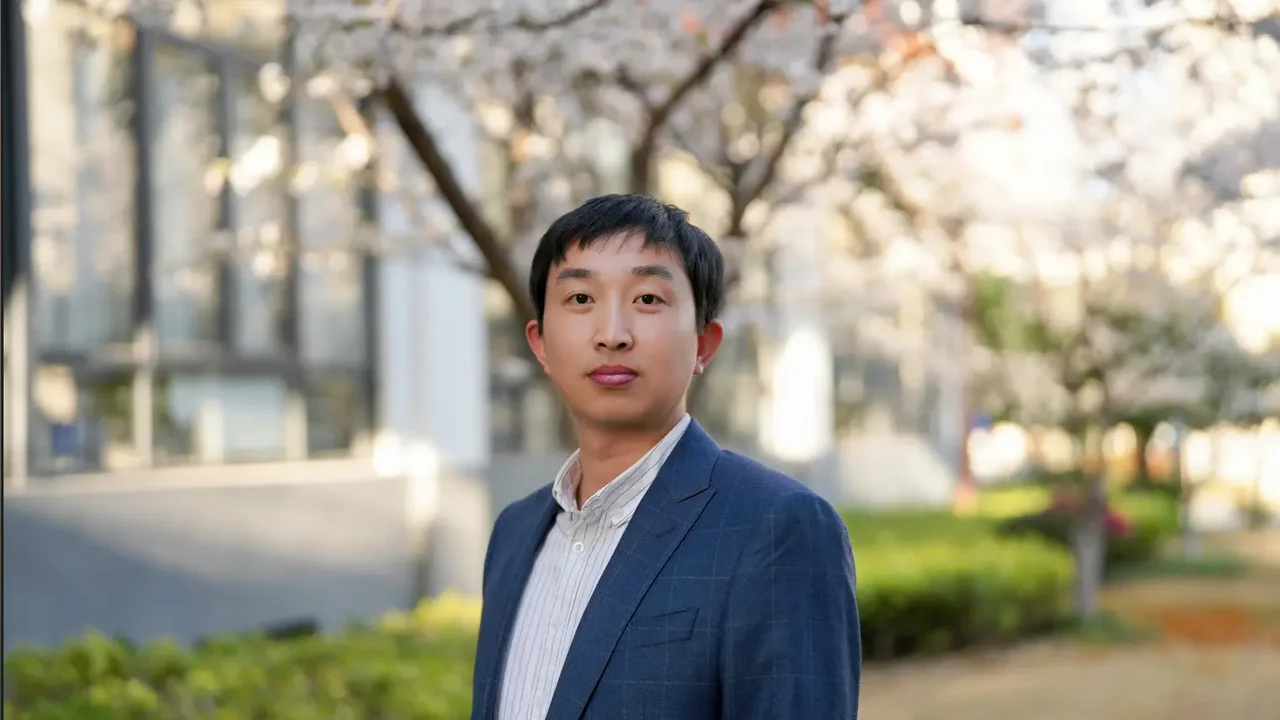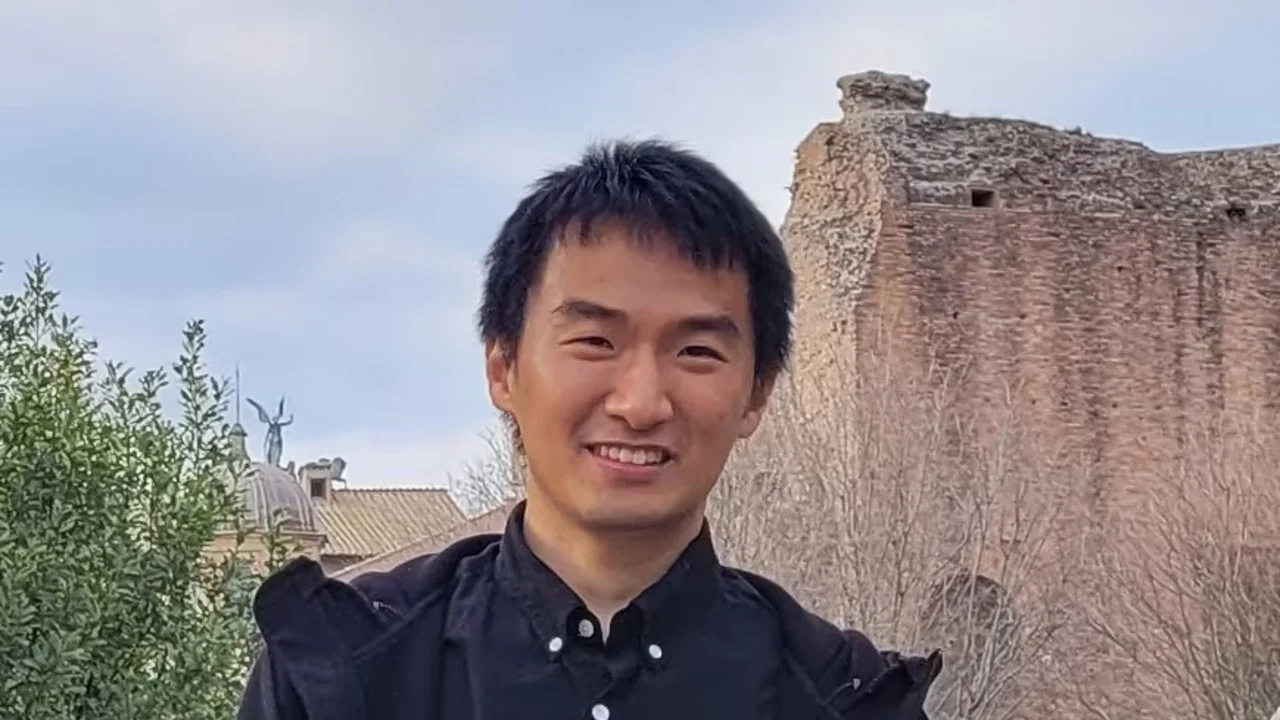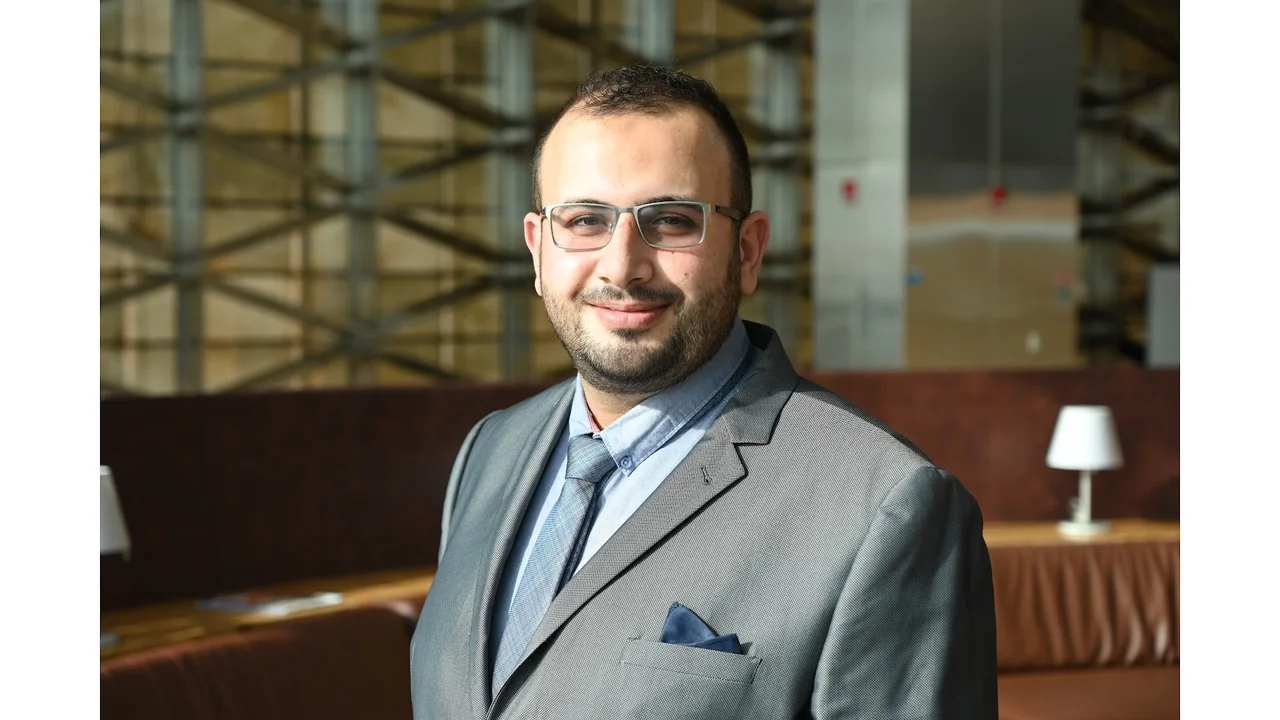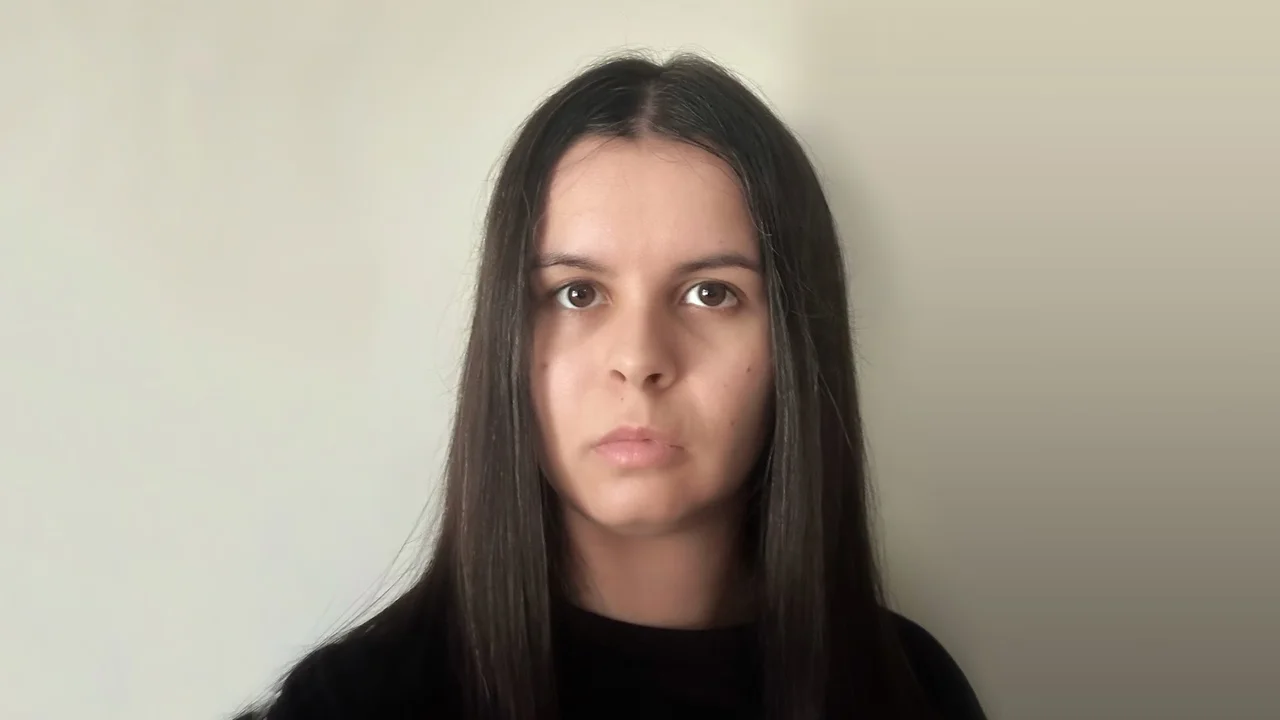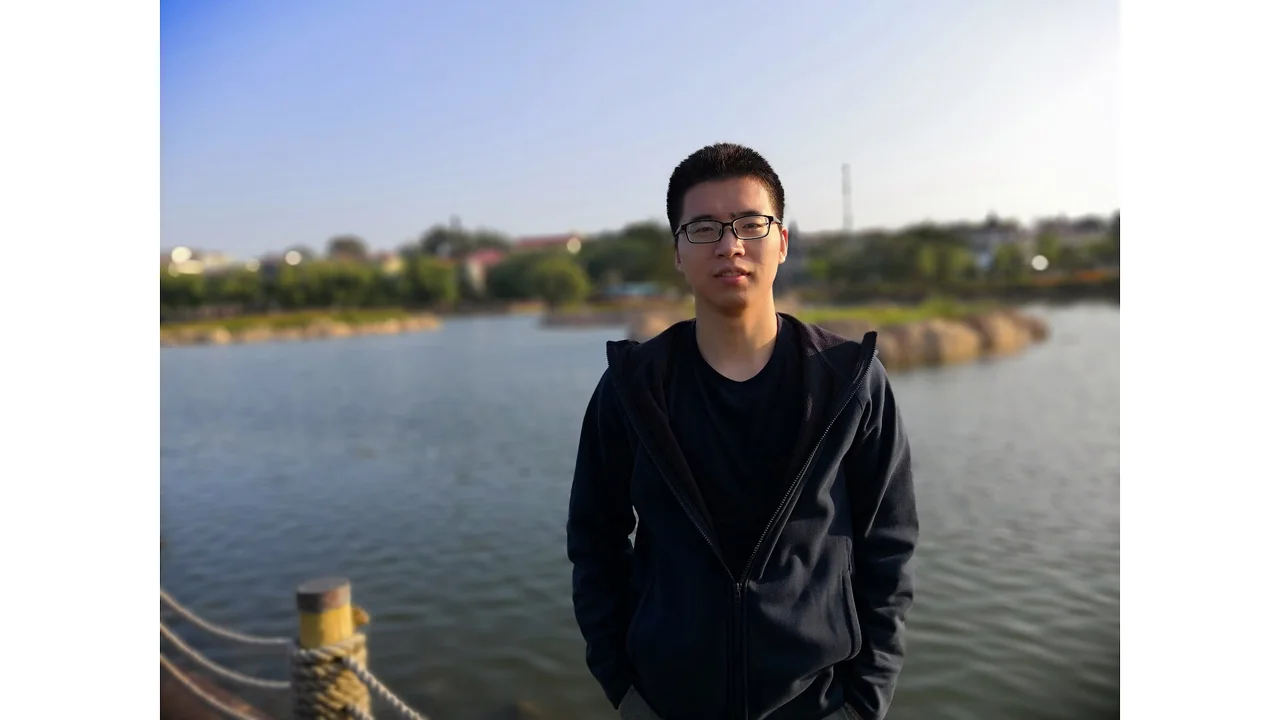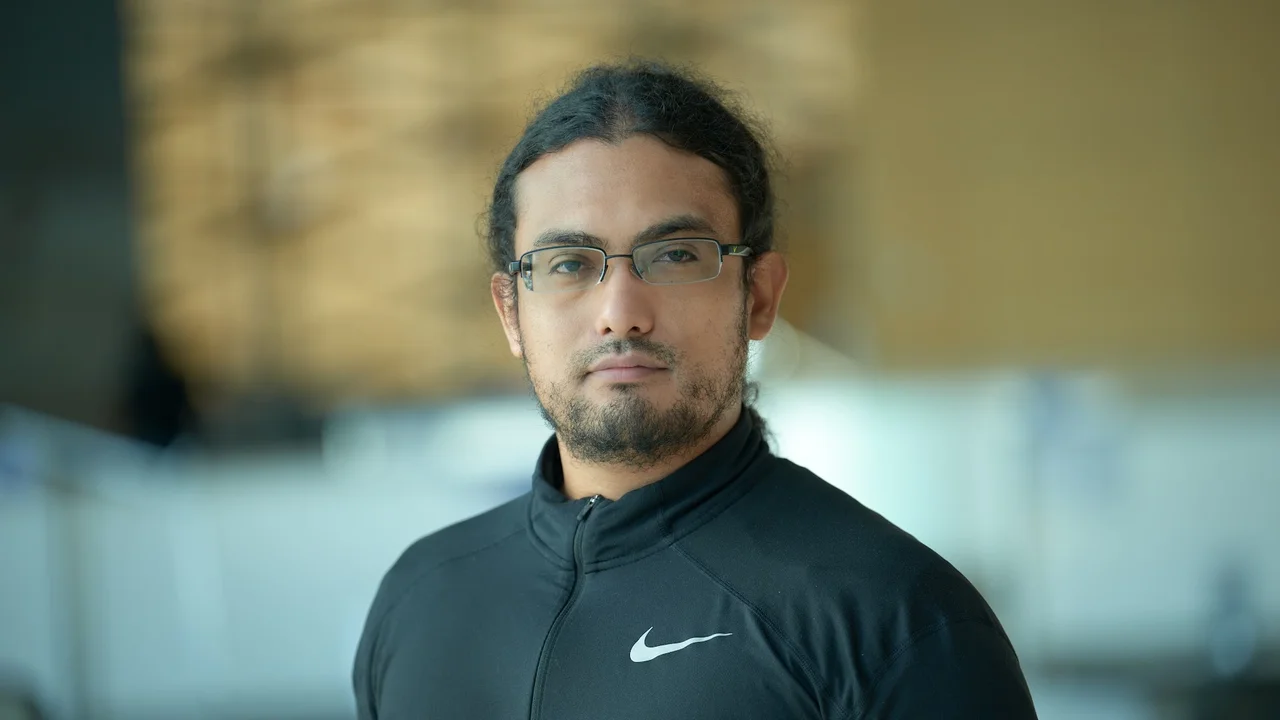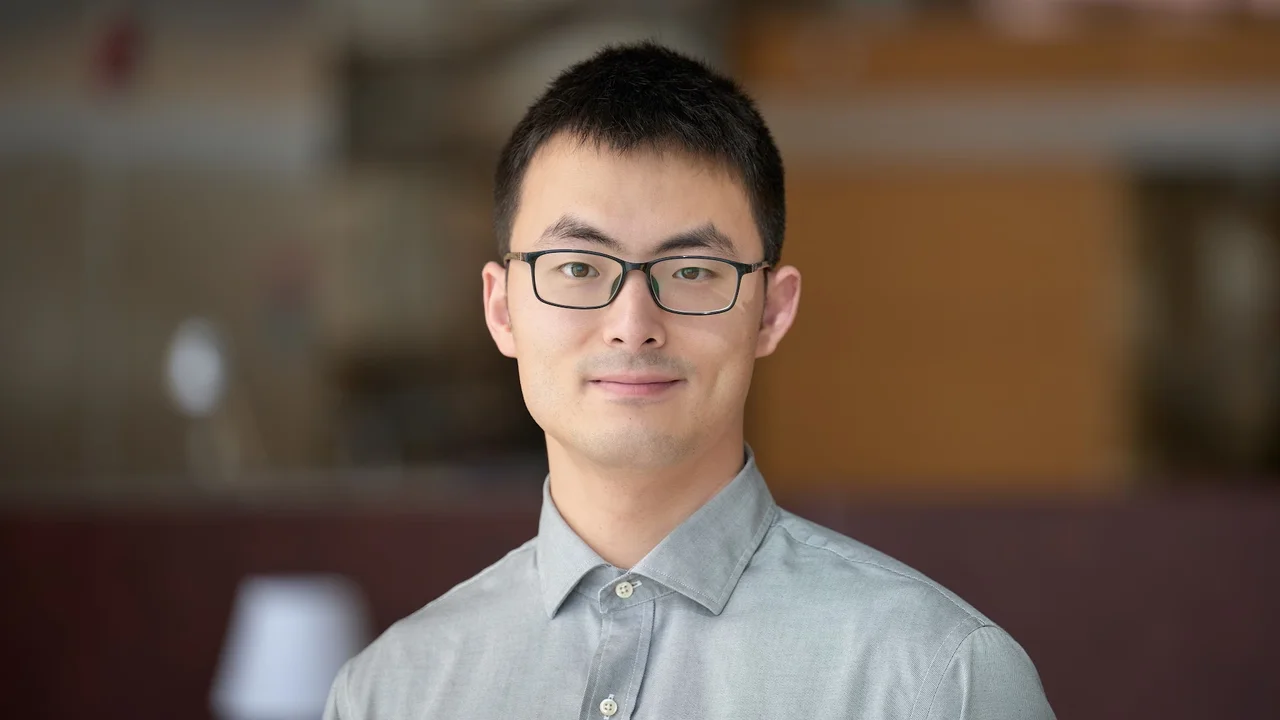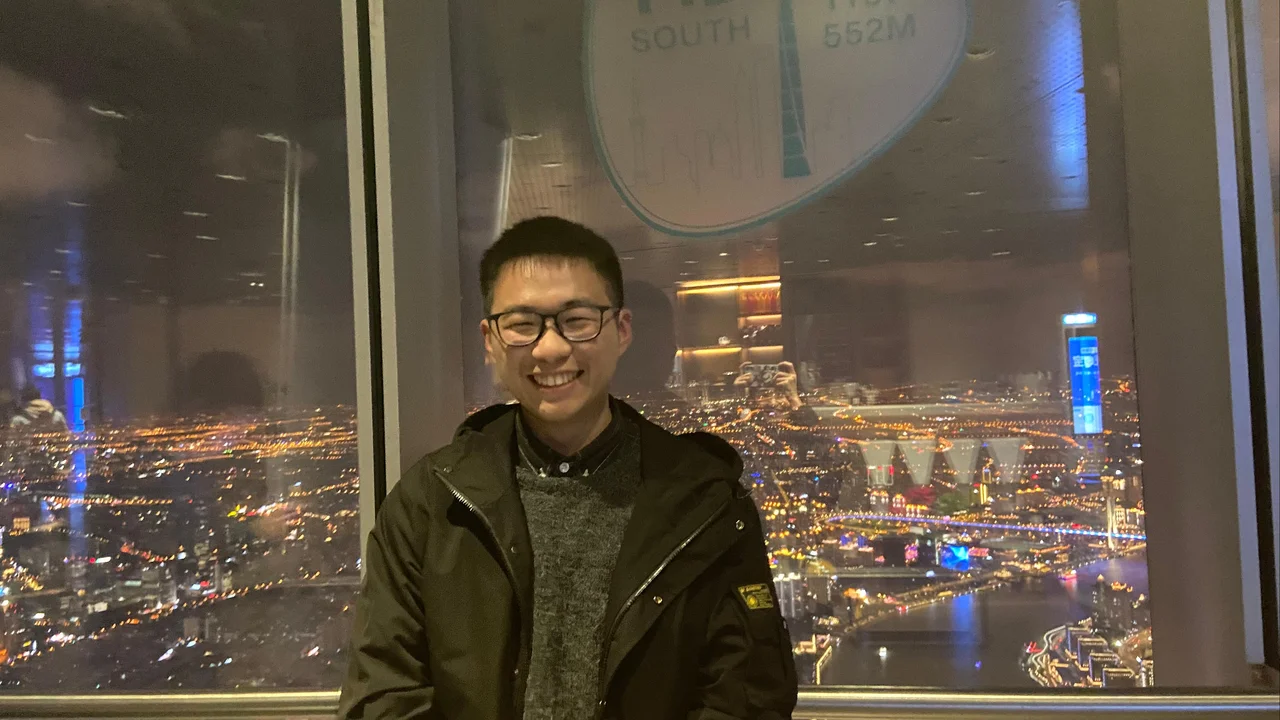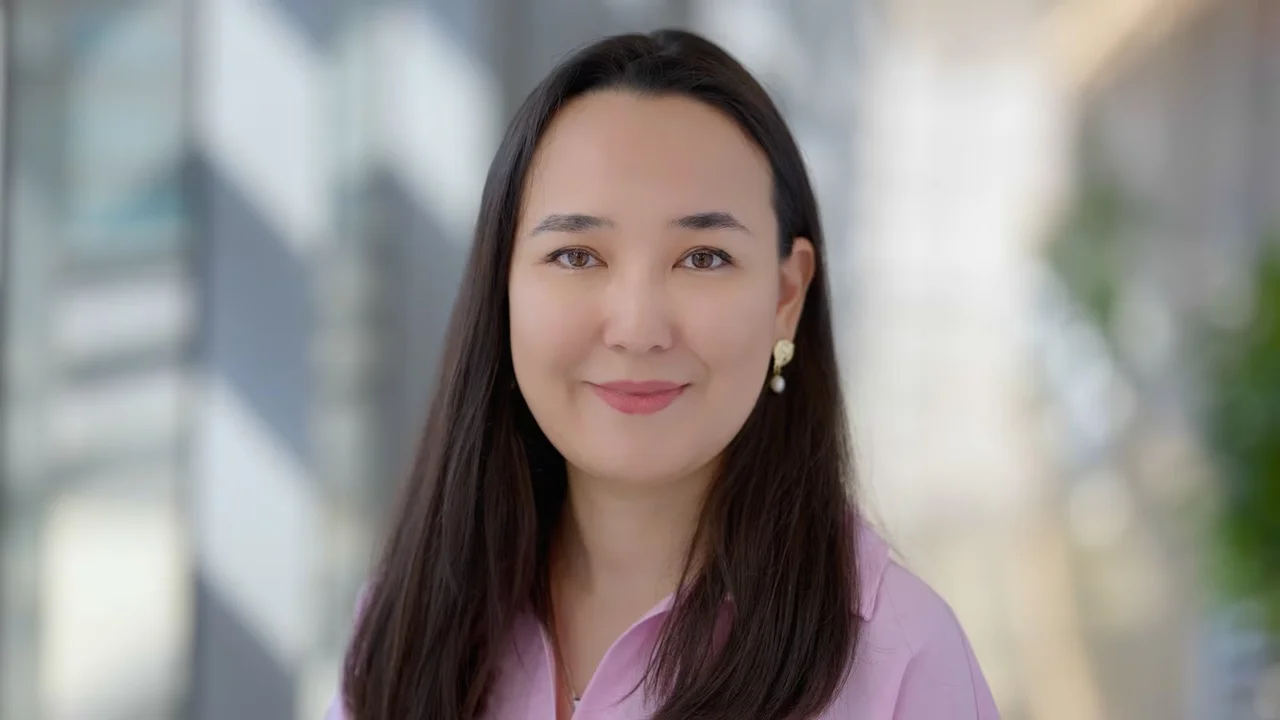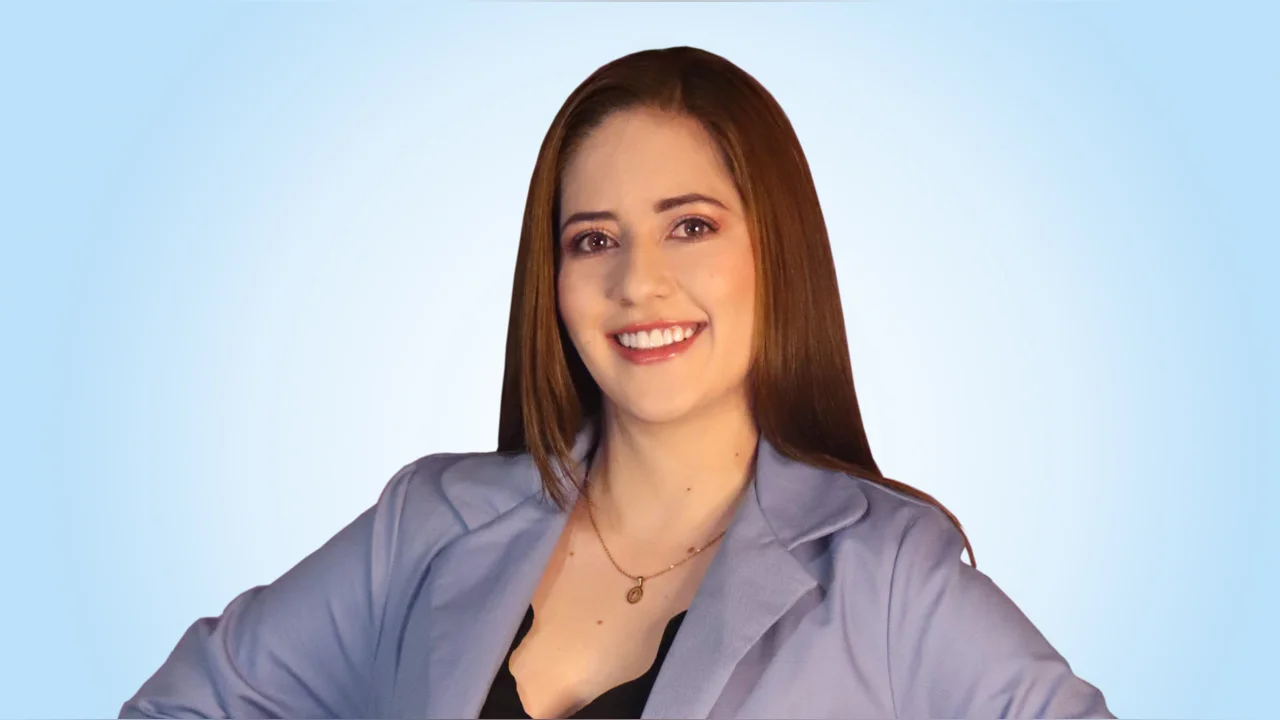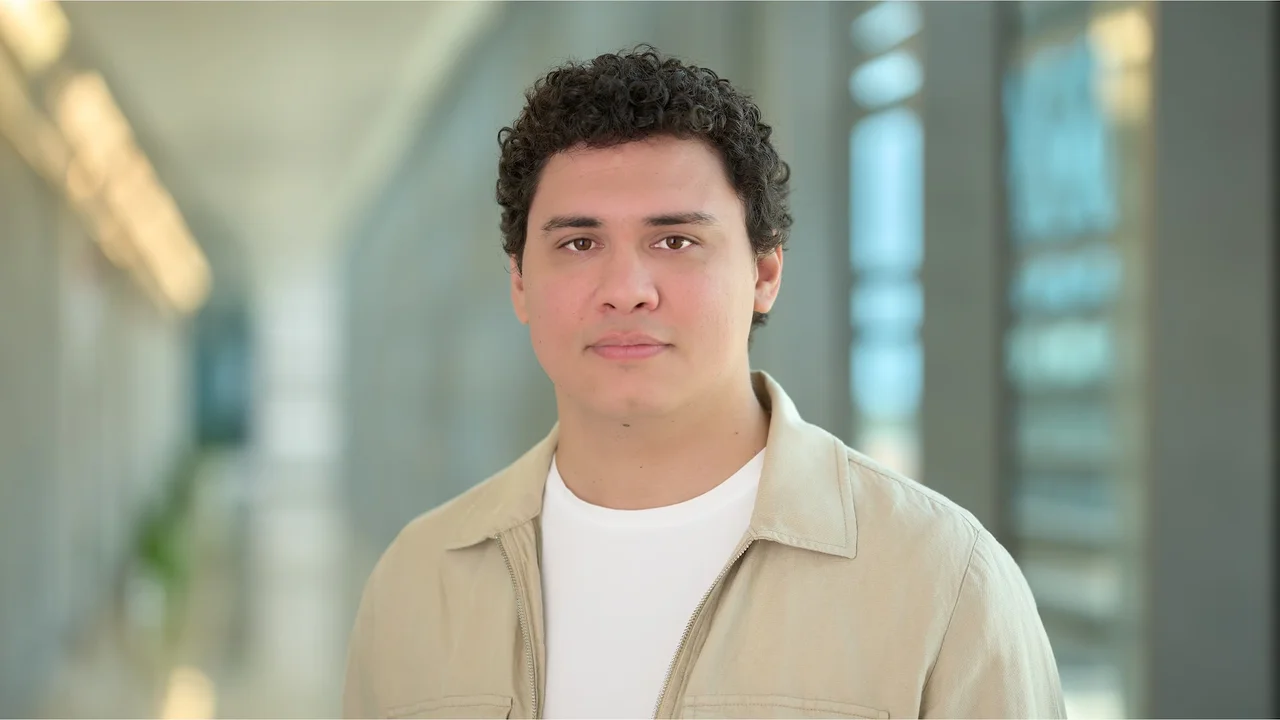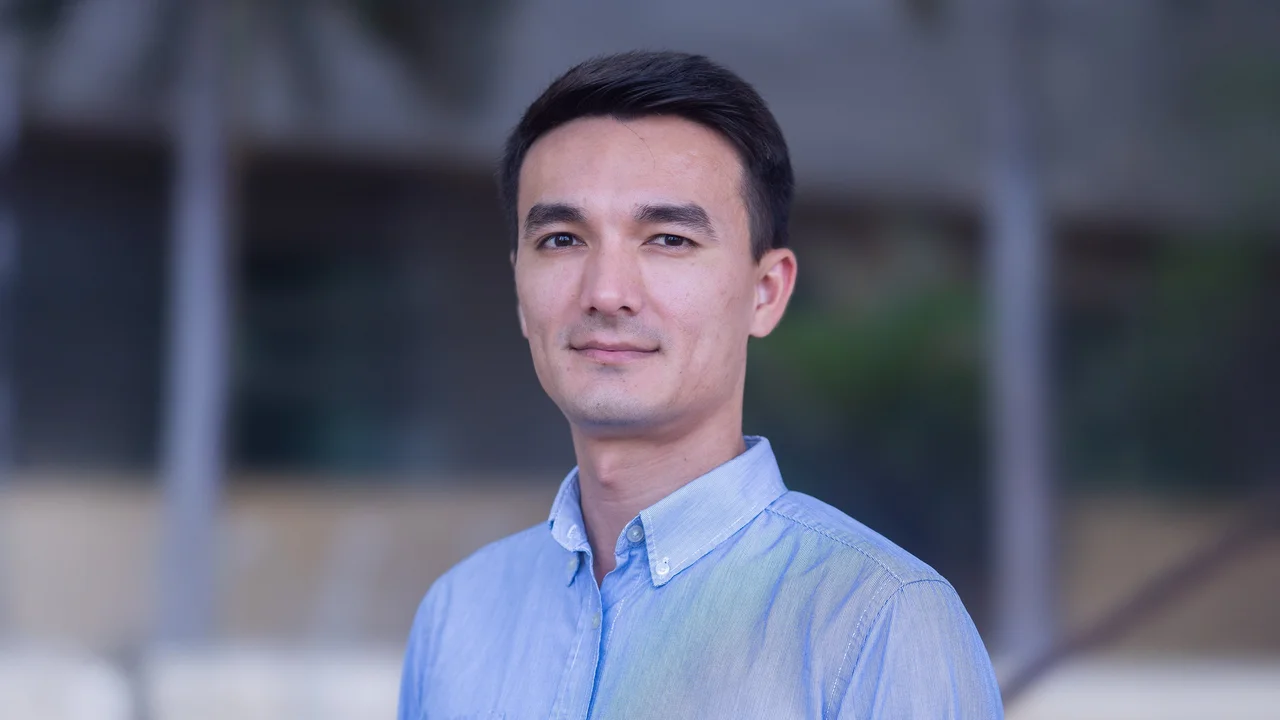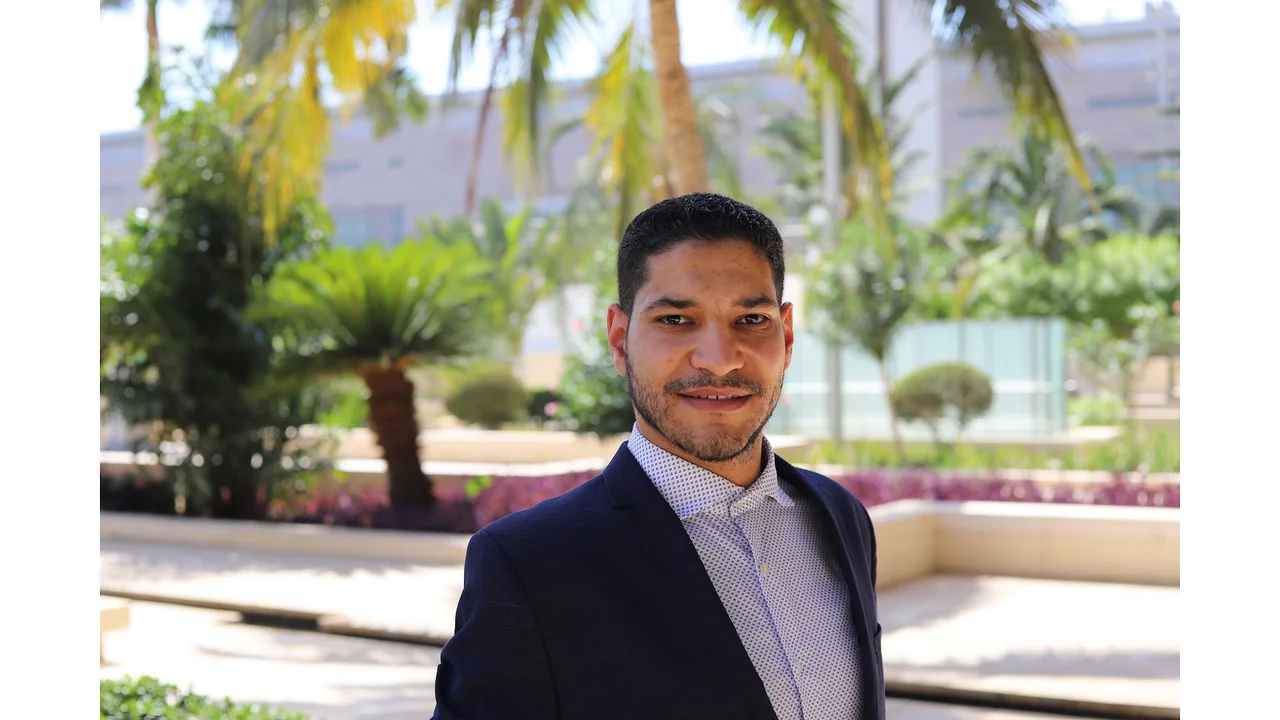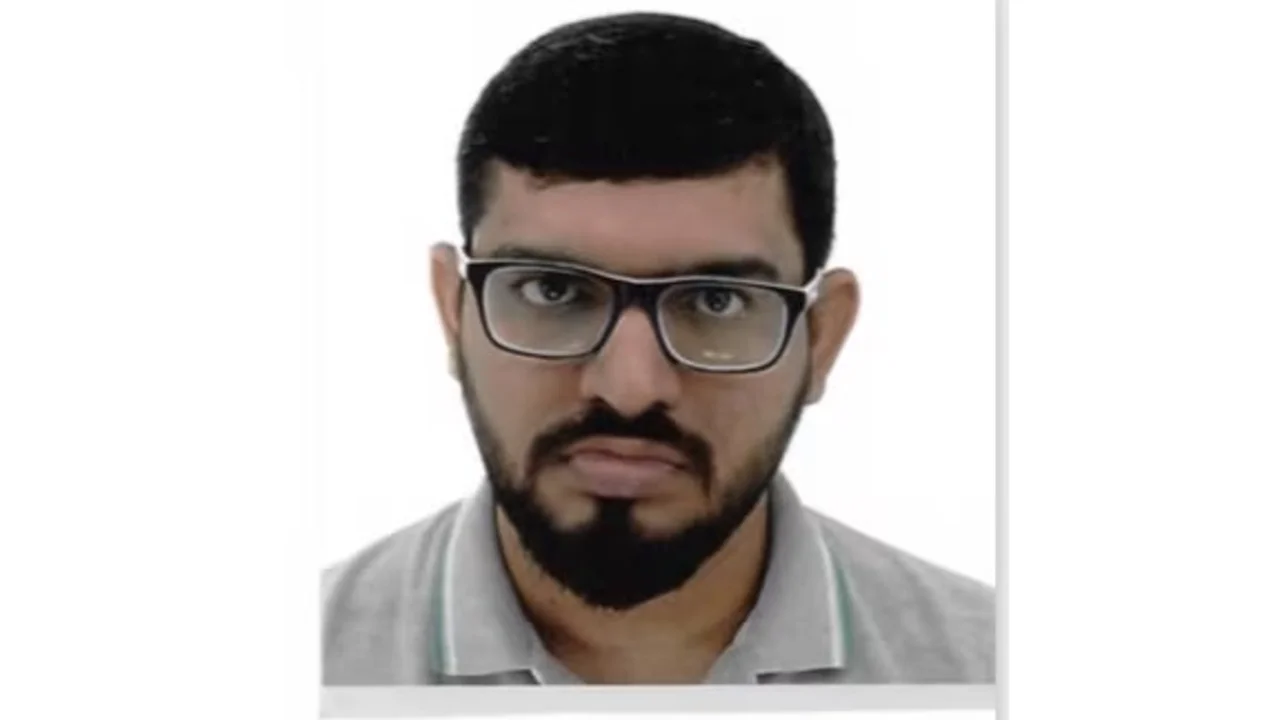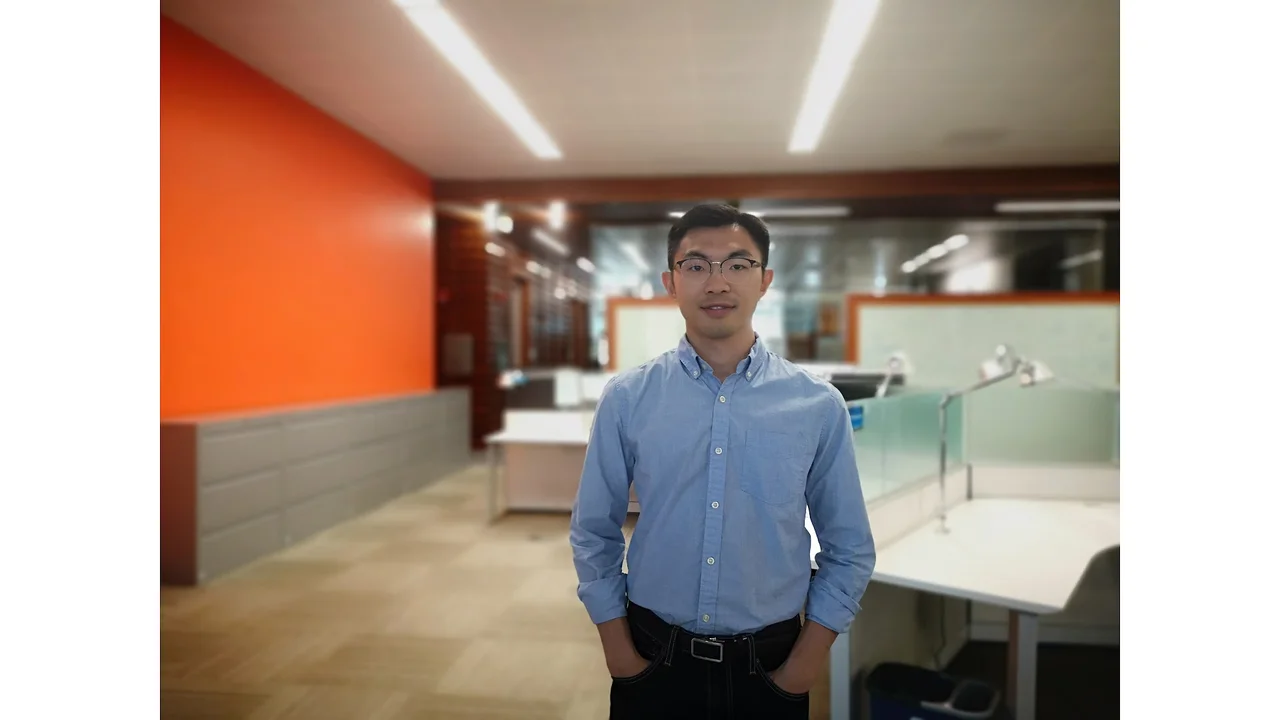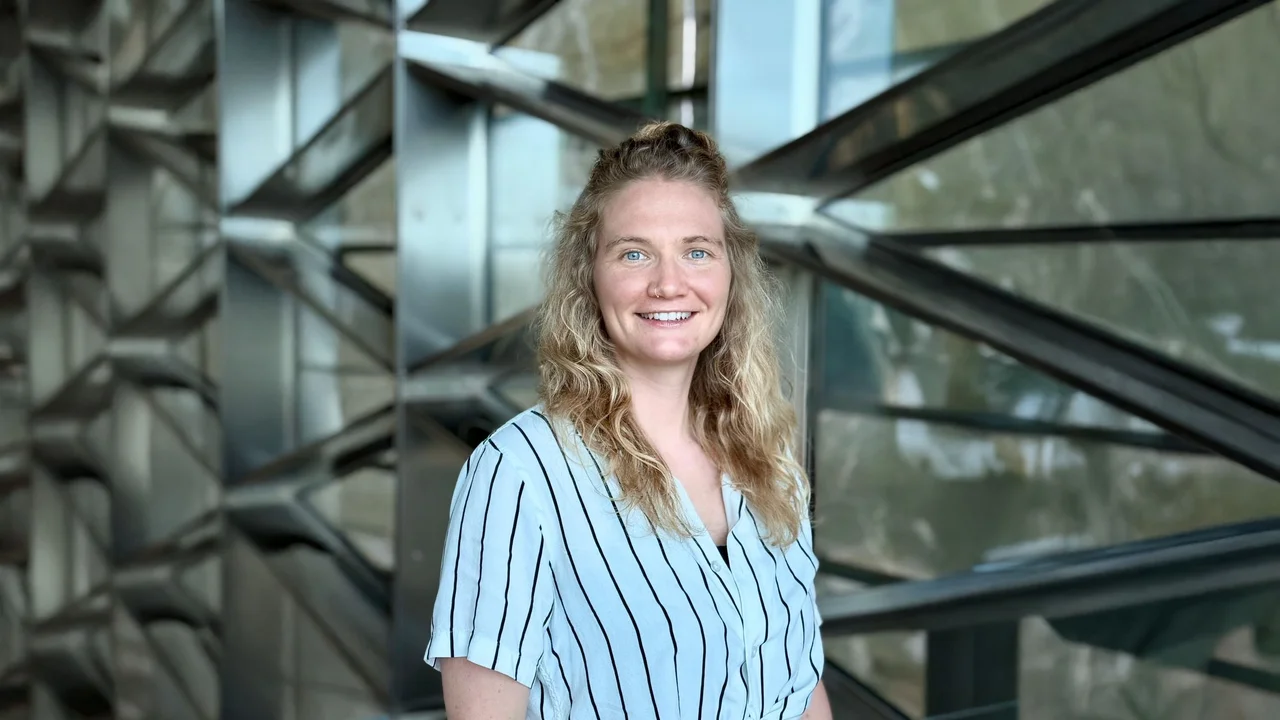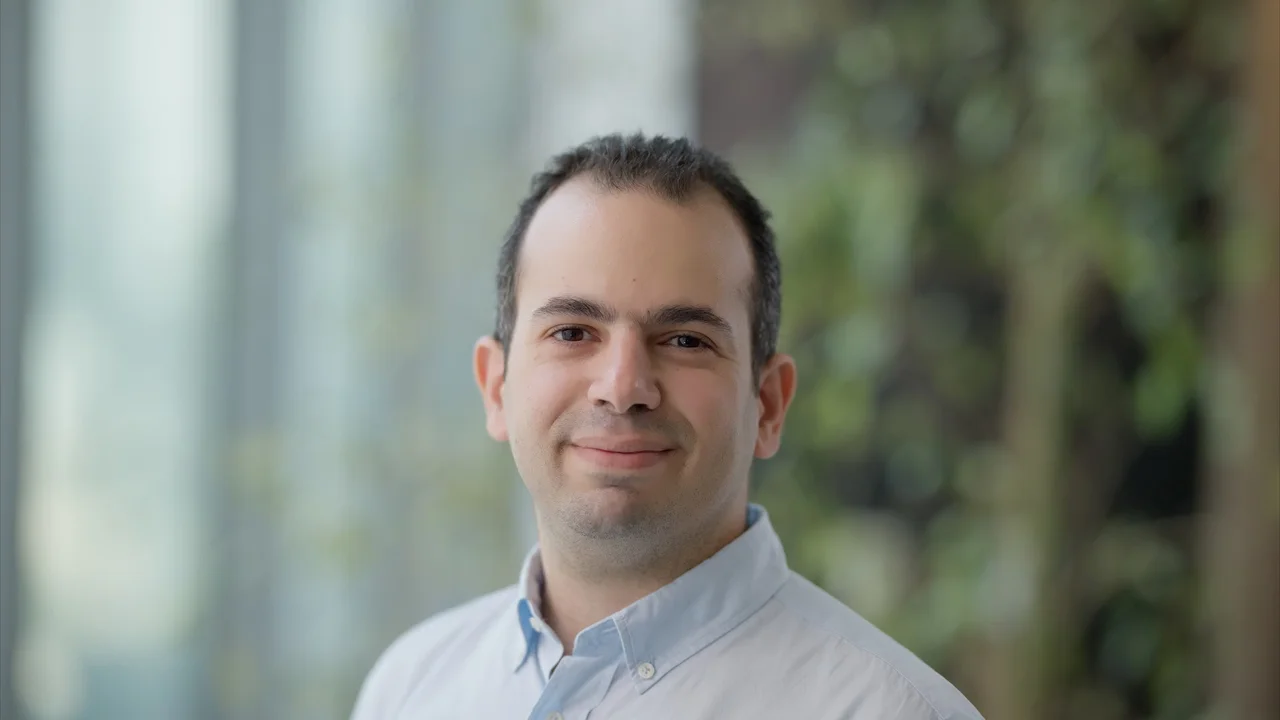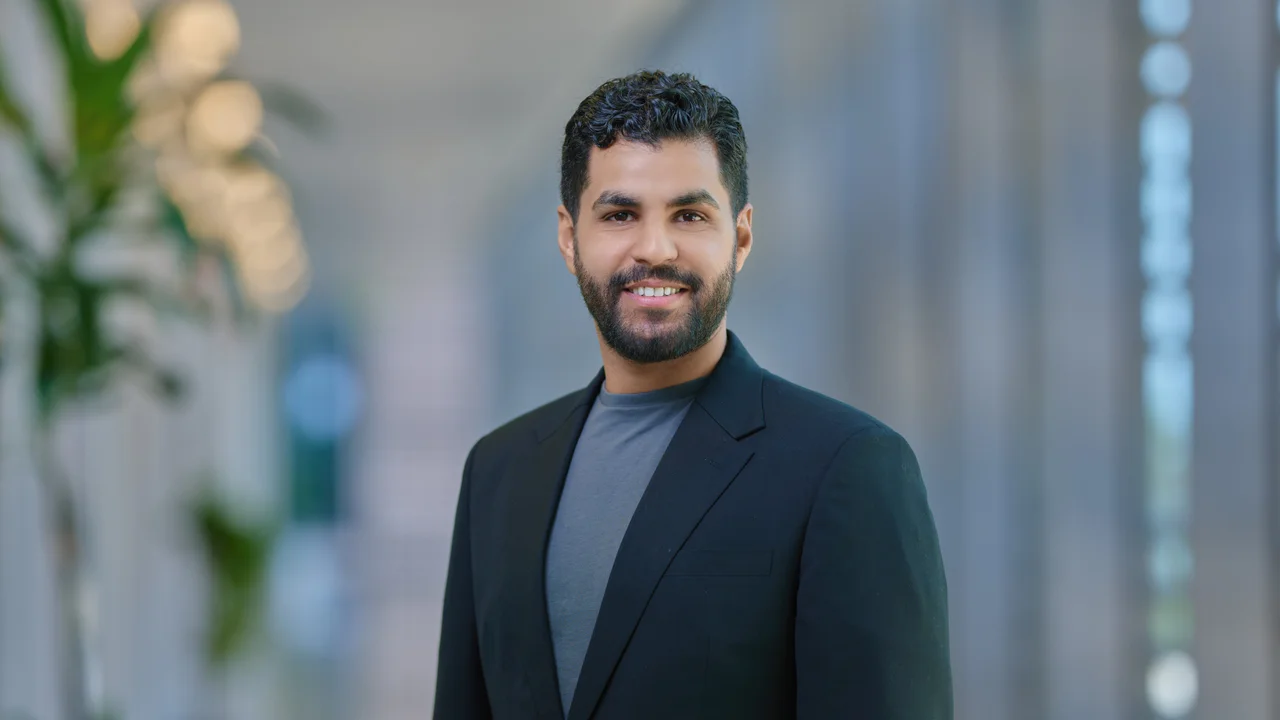Profiles
Postdoctoral Fellows
Azimkhon Ostonov
- Postdoctoral Research Fellow, Computer Science
Biography
Azimkhon Ostonov is currently a Postdoctoral Research Fellow at King Abdullah University of Science and Technology (KAUST) in Saudi Arabia. He received his PhD from KAUST in May 2025, specializing in Computer Science under the supervision of Professor Mikhail Moshkov. Azimkhon obtained his Bachelor’s degree in Applied Mathematics and Informatics in 2012 and completed his Master’s degree in Computer Systems and their Software in 2014, both from the National University of Uzbekistan. He has made considerable contributions to the field, with publications including works on Machine Learning and Complexity Analysis.
Before joining KAUST, he worked as a teacher at the National University of Uzbekistan for four years. Prior to that, he began his programming career as a junior programmer at Fido-Biznes in Tashkent.
Research Interests
Azimkhon's research focuses on complexity of decision trees for decision tables.
Education
Bingqing Yi
- Postdoctoral Research Fellow, Statistics
Boou Jiang
- Postdoctoral Research Fellow, Applied Mathematics and Computational Science
Research Interests
Computer Vision, Machine Learning, Computational Imaging, Multidimensional Signal Processing, and Image/Video Understanding.
Biography
Charalampos Antoniadis received a Diploma degree (Hons.) in Computer and Communication Engineering, an M.S. degree in Computer Science, and a Ph.D. in Electrical and Computer Engineering from the University of Thessaly, Volos, Greece, in 2011, 2014, and 2019, respectively. He is currently a Postdoctoral Fellow in the Computer, Electrical, and Mathematical Sciences and Engineering (CEMSE) Division at King Abdullah University of Science and Technology (KAUST), Thuwal, Saudi Arabia. Before joining KAUST, he served as an Adjunct Lecturer at the University of Thessaly for one year.
Dr. Antoniadis was awarded an M.Sc. study fellowship by the University of Thessaly and the Hellenic Foundation for Research and Innovation (HFRI) fellowship for his Ph.D. studies. Additionally, he led a student team that won the First Place Award in the ACM TAU 2020 and TAU2 2021 timing analysis contests.
Research Interests
Charalampos's research focuses on the following areas:
- Efficient AI
- Generative AI and LLMs
- Smart city applications
- Electronic Design Automation
Education
Chencheng Xu
- Postdoctoral Research Fellow, Structural and Functional Bioinformatics
Clarissa Astuto
- Postdoctoral Research Fellow, Applied Mathematics and Computational Science
Dan Leonte
- Postdoctoral Research Fellow, Statistics
Daoming Liu
- Postdoctoral Research Fellow, Computer Science
Daria Sushnikova
- Postdoctoral Research Fellow, Computer, Electrical and Mathematical Sciences and Engineering
Biography
Dr. Daria Sushnikova is a Postdoctoral Research Fellow at KAUST specializing in fast algorithms for large-scale scientific computing. She earned her Ph.D. in Mathematical Modeling and Numerical Methods at the Institute of Numerical Mathematics, Russian Academy of Sciences, under Prof. Ivan Oseledets. Her research spans numerical linear algebra, hierarchical matrices, and high-performance computing, with contributions such as the FMM-LU solver, Compress-and-Eliminate factorization, and H2-MG algorithm. She received the Rising Stars in Computational & Data Sciences Award (2020).
David Lago Cachón
- Postdoctoral Research Fellow (former), Communication and Computing Systems Lab
Dawar Khan
- Postdoctoral Research Fellow, Computer Science
Dayanand Kumar
- Postdoctoral Research Fellow, Electrical and Computer Engineering
Biography
Dr. Dayanand Kumar is currently a Postdoctoral Fellow at the SAMA Laboratory, KAUST. He received his M.Tech. from the Indian Institute of Technology (IIT) Varanasi, India, and his Ph.D. from National Chiao Tung University (NCTU), Taiwan. During his doctoral studies, he was honored by the President of Taiwan for outstanding academic research performance. Following his Ph.D., he worked as a Principal Integration Engineer at Micron Technology, Taiwan, and subsequently held postdoctoral research positions at Nanyang Technological University (NTU), Singapore. He also served as a Visiting Assistant Professor at National Cheng Kung University (NCKU), Taiwan.
Dr. Kumar’s research focuses on Emerging memory devices for in-memory sensing and computing; smart multifunctional optoelectronic synaptic devices—including memristors, transistors, and capacitors—for bionic machine vision and physiological signal processing applications.
Biography
Dr. Defan Sun is a Postdoctoral Fellow at the Integrated Photonics Laboratory (IPL) under the supervision of Prof. Yating Wan at King Abdullah University of Science and Technology (KAUST). He earned his B.S. degree from the China University of Petroleum (UPC) in 2020 and his Ph.D. degree from the University of Chinese Academy of Sciences (UCAS).
Before joining KAUST, he worked as a Research Assistant at the Institute of Semiconductors, Chinese Academy of Sciences, for four years (2021-2025). During this time, he was a core member of several key research projects, including the National Key R&D Program of China, the National Natural Science Foundation of China (NSFC), and collaborative projects with Huawei Technologies Co., Ltd. His research focuses on the development and application of optical frequency combs based on mode-locked lasers. He has published 11 peer-reviewed articles (7 as first and corresponding authors) such as Photonics Research, Optics Express, and Optics Communications, etc.
He was recognised as the Outstanding Graduate of Shandong Province in 2020 and the Director's Scholarship of the Institute of Semiconductors, CAS in 2025.
Research Interests
Dr.Sun’s research focuses on the development and application of optical frequency combs based on mode-locked lasers, specifically covering Optical Frequency Comb Generation based on Mode-Locked Lasers, Photonic Integrated Circuits, and Silicon-based Heterogeneous Integrated Photonic Chips.
Education
El Mehdi Saad
- Postdoctoral Research Fellow, Computer Science
Biography
I am a PostDoc at King Abdullah University of Science and Technology (KAUST) in Stochastic Processes and Mathematical Statistics Research Group.
I am interested in mathematical statistics, Markov chains, Monte Carlo methods, and stochastic analysis. My research is focused on theoretical and applied problems associated with stochastic differential equations (SDEs) and stochastic partial differential equations (SPDEs). The goal is to propose and establish methods that are well-studied theoretically and provide numerical implementations that corroborate the proven theoretical findings and their efficacy.
Research Interests
Markov Chain Monte Carlo, Particle Methods, Stochastic Control, Machine Learning, Stochastic Partial Differential Equations
Education
Emmanuel Ambriz
- Postdoctoral Research Fellow, Statistics
Biography
Dr. Emmanuel Ambriz is a Ph.D. in Statistics whose research has focused on frontier challenges in copula theory, particularly in multivariate vine copula models, and their relevance to other branches of modern statistics.
Dr. Ambriz has recently joined the CEMSE Division as a postdoctoral fellow. He obtained his M.S. and Ph.D. degrees from the Centro de Investigación en Matemáticas (CIMAT), Mexico, in 2016 and 2024, respectively. From 2017 to 2022, he has worked as a Professor and Researcher at the Universidad Regional Amazónica Ikiam in Ecuador, where he has been involved in several research projects related to conservation and water resource challenges in the Ecuadorian Amazon.
In addition to his research career, Dr. Ambriz has actively collaborated as a statistical consultant with various industries, public institutions, and NGOs in Mexico and Ecuador, applying statistical methods to support data-driven decision-making across diverse sectors.
Research Interests
Emmanuel's research focuses on developing novel interpretable ordering methods for multivariate functional data, enabling improved distributional analysis and flexible nonlinear functional quantile regression.
Education
Fahad Alam
- Postdoctoral Research Fellow, Electrical and Computer Engineering
Fida Mohammad Thoker
- Postdoctoral Research Fellow
Biography
I completed my Ph.D. at the University of Amsterdam, advised by Prof. Cees Snoek. My area of interest is Video Understanding, with my PhD thesis focusing on Video-Efficient Foundation Models. I am particularly interested in training foundation models via self-supervised learning from multiple modalities of the video data.
Research Interests
Computer Vision, Video Understanding, Self-supervised Learning, Video Foundation Models.
Education
Biography
Georgios Grekas is a Postdoctoral Research Fellow in the Applied PDE Group of the Applied Mathematics and Computational Science (AMCS) program, within the CEMSE Division at King Abdullah University of Science and Technology (KAUST), Saudi Arabia. He received his Ph.D. degree in Applied Mathematics from the University of Crete in 2019. Part of his Ph.D. studies took place at the University of Sussex from March 2016 to March 2018. From 2019 to 2022, he held a postdoctoral position at the Department of Aerospace Engineering and Mechanics at the University of Minnesota. He then worked as a postdoctoral researcher at the Institute of Applied and Computational Mathematics (IACM) of FORTH, Greece. He joined KAUST and the Applied PDE Group in March 2024.
Haicheng Cao
- Postdoctoral Research Fellow, Applied Mathematics and Computational Science
Hasan Erdem Yantir
- Chief Researcher, TÜBİTAK BİLGEM
Hendrik Ranocha
- Postdoctoral Research Fellow, Applied Mathematics and Computational Science
Biography
Dr. Hongyan Yu is a Postdoctoral Fellow at the Integrated Photonics Laboratory (IPL) under the supervision of Prof. Yating Wan at King Abdullah University of Science and Technology (KAUST). Before joining KAUST, he received his B. S. degree in Material Physics from Harbin University of Science and Technology, in 2015, and M. Sc. degree in Optical Engineering from Beijing University of Technology, in 2019. He earned his Ph.D degree in Optical Engineering from Zhejiang University - Westlake University joint program, in 2023.
Prior to joining IPL, Dr. Yu was a postdoctoral scholar at Hangzhou Institute for Advanced Study, University of Chinese Academy of Sciences (2023-2025). He has published over 15 peer-reviewed articles (10 first and corresponding authors), including Nature Communications, ACS Photonics, APL Photonics, Journal of Lightwave Technology, etc.
Research Interests
Dr. Yu’s research interests include heterogeneous integrated optical chip, high-speed electro-optic modulator, optical computing.
Education
Hoyoun Kim
- Postdoctoral Research Fellow, Applied Mathematics and Computational Science
Hussein Hussein
- Postdoctoral Research Fellow, Electrical and Computer Engineering
Biography
Inês is a Postdoctoral Research Fellow at the CyberSaR.
Before coming to KAUST, she worked as a Research Scientist at Intel Labs (Germany), where she explored safety features in the realms of open-source hardware and chiplets. In 2022, she obtained her Ph.D. from the University of Luxembourg where, being part of the CritiX group of the Interdisciplinary Center for Security, Reliability, and Trust (SnT), she researched architectural support for hypervisor-level intrusion tolerance in multiprocessor systems-on-chip (MPSoCs). In the same year, she briefly worked as a Research Associate in the same group, looking into NoC security and FPGA-based matrix accelerators.
Her Bachelor's and Master's studies were completed at the University of Lisbon, where she also worked as a Junior Researcher in the LaSIGE research unit (Navigators group).
Research Interests
Her research interests include fault- and intrusion-tolerant resilient systems, computer architecture, hardware design, FPGA security, FPGA partial reconfiguration, hardware description languages (HDLs) and Multi-Processor Systems-on-Chip (MPSoCs).
Education
Iris Ivy Gauran
- Postdoctoral Research Fellow, Biostatistics Group
Juan Carlos L. Alcazar
- Postdoctoral Research Fellow, Image and Video Understanding Lab
Kamilya Smagulova
- Postdoctoral Research Fellow (former), Communication and Computing Systems Lab
Karen Sanchez
- Postdoctoral Research Fellow
Biography
Karen Sanchez is a Postdoctoral Researcher in the IVUL lab at KAUST, specializing in deep learning, machine learning, and artificial intelligence (AI) for healthcare applications. Her research focuses on video understanding, domain adaptation, generative AI, and methods for preserving patient privacy. She earned her PhD in Engineering, MSc in Electronic Engineering, and a Bachelor’s degree in Energy Engineering in Colombia.
Research Interests
Her research interests include video understanding, domain adaptation, generative AI, and preserving patient privacy, with a focus on deep learning, machine learning, and artificial intelligence for healthcare applications.
Education
Biography
Kelvin J. R. Almeida-Sousa is a Brazilian mathematician and postdoctoral fellow in the Stochastic Processes and Mathematical Statistics group at King Abdullah University of Science and Technology (KAUST). Since December 2022, he has been working under the supervision of Professor David Bolin, with research focused on non-Gaussian stochastic partial differential equations and random fields on complex domains, combining tools from numerical analysis, spectral theory, and mathematical statistics.
Kelvin obtained his PhD in Mathematics from the Federal University of Paraíba, Brazil, under the supervision of Professor Alexandre de Bustamante Simas. His doctoral research addressed fractional and measure-theoretic elliptic operators and their applications to deterministic and stochastic partial differential equations, leading to results in regularity theory and spectral analysis. He earned his MSc in Mathematics from the Federal University of Piauí, where his work focused on nonlinear thermoelastic systems with boundary damping.
His current research interests include non-Gaussian SPDE models, finite volume and lumped mass discretization methods, spatial statistics on complex domains such as metric graphs and surfaces, and the theoretical foundations connecting stochastic processes with generalized Sobolev-type spaces.
Research Interests
Kelvin’s research interests are structured along two complementary directions, a theoretical and an applied one. On the theoretical side, his work is rooted in probability theory and partial differential equations, with particular emphasis on stochastic processes and stochastic partial differential equations driven by generalized differential operators. He is especially interested in differential equations involving measure-theoretic and fractional operators, for which the associated solutions may exhibit jumps or singular behavior. His interests also encompass the general theory of stochastic processes, ranging from stationary processes to random fields, with direct and indirect connections to the theory of random measures and their analytical and probabilistic foundations.
On the applied side, Kelvin focuses on problems in mathematical statistics on complex domains, including Euclidean domains, metric graphs, and surface manifolds, with a strong emphasis on Bayesian modeling. A central theme of his applied research is the development of theoretical foundations for non-Gaussian latent models arising from fractional stochastic partial differential equations, such as Whittle–Matérn-type models. These developments are achieved through the use of tools from classical numerical analysis, including finite volume and lumped mass discretization methods, bridging rigorous analysis with scalable statistical inference for spatial and spatio-temporal data on complex geometries.
Education
Kerven Durdymyradov
- Postdoctoral Research Fellow, Computer Science
Biography
Kerven Durdymyradov is currently a Postdoctoral Research Fellow at King Abdullah University of Science and Technology (KAUST) in Saudi Arabia. He received his PhD from KAUST in May 2025, specializing in Computer Science under the supervision of Professor Mikhail Moshkov. Kerven holds a Master’s degree in Artificial Intelligence from the Moscow Institute of Physics and Technology (2022) and a Bachelor’s degree in Applied Mathematics and Information Technology from Magtymguly Turkmen State University (2017). He has received several bronze and silver medals in the well-known International Mathematical Olympiads, including IMO, IMC, BMO, etc.
Research Interests
Kerven's research focuses on relations between decision trees and decision rule systems.
Education
Khalil Moussi
- Postdoctoral Research Fellow, Electrical and Computer Engineering
Biography
Khalil obtained a bachelor of science degree in electromechanical engineering (with honor) in 2013 and a master of science in robotics in 2014 from the National Engineering School of Sfax (ENIS), Tunisia.
Research Interests
Khalil's Ph.D. research work is about "Miniaturized Drug Delivery Systems for Biomedical Applications" and his research interests include Drug Delivery Systems, Micropumps, Biomedical Devices, Bioengineering, and MEMS.
Li Luo
- Postdoctoral Research Fellow, Hierarchical Computations on Manycore Architectures
Lisa Gaedke-Merzhäuser
- Postdoctoral Research Fellow, Statistics
Biography
Lisa Gaedke-Merzhäuser is a Postdoctoral Fellow in the BayesComp group at KAUST, led by Prof. Håvard Rue. She holds a PhD in Computational Science from Università della Svizzera italiana (USI) in Lugano, Switzerland. Her research interests lie in fusing statistical learning techniques with methods from high-performance computing. She has been developing INLA_DIST, a distributed memory GPU-accelerated version of INLA for large-scale spatio-temporal models.
Research Interests
Combining statistical learning techniques with methods from high-performance computing, large-scale Bayesian modeling, computationally efficient methods for INLA.
Education
Biography
Majed Sofiani is a Postdoctoral Research Fellow at the Applied PDE group of the Applied Mathematics and Computational Science program (AMCS) of CEMSE division at the King Abdullah University of Science and Technology, Saudi Arabia. He received his Master's and PhD degrees from the department of mathematics at the University of Kansas in 2024. He joined KAUST at the AppliedPDE group in July 2024.
Research Interests
His research interests lie in the area of non-linear partial differential equations and dynamical systems. In particular his research focuses on the Eriksen-Leslie model for nematic liquid crystals.
